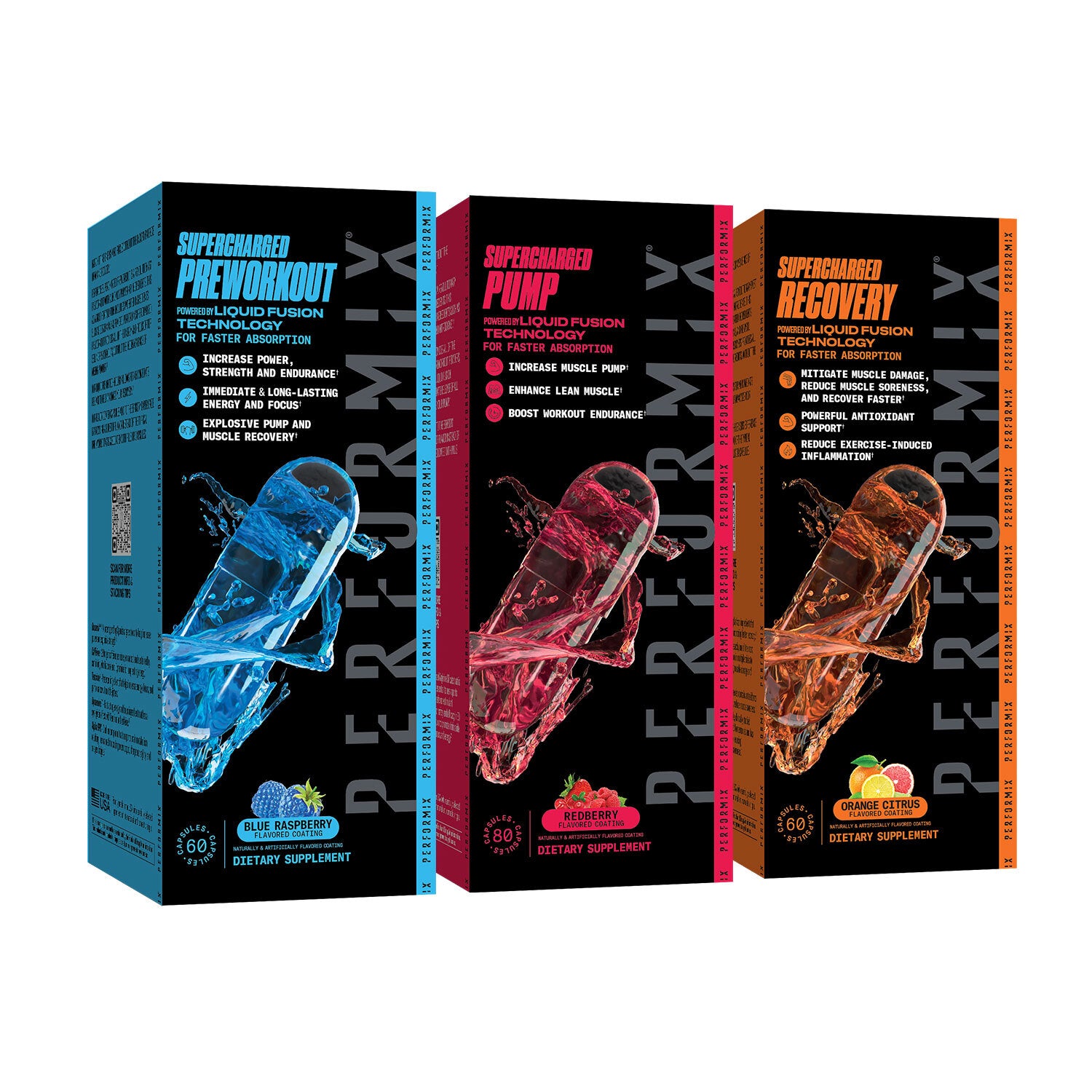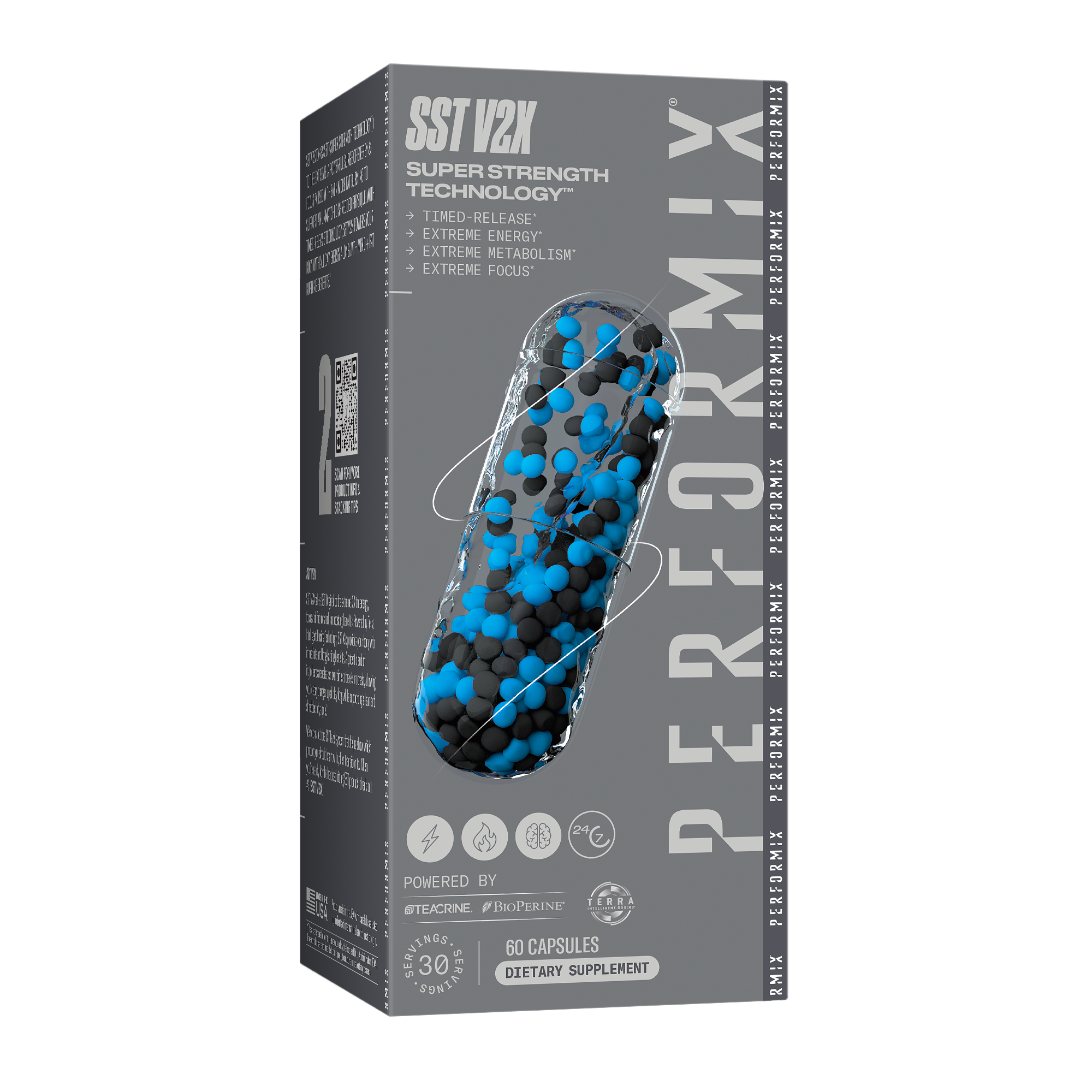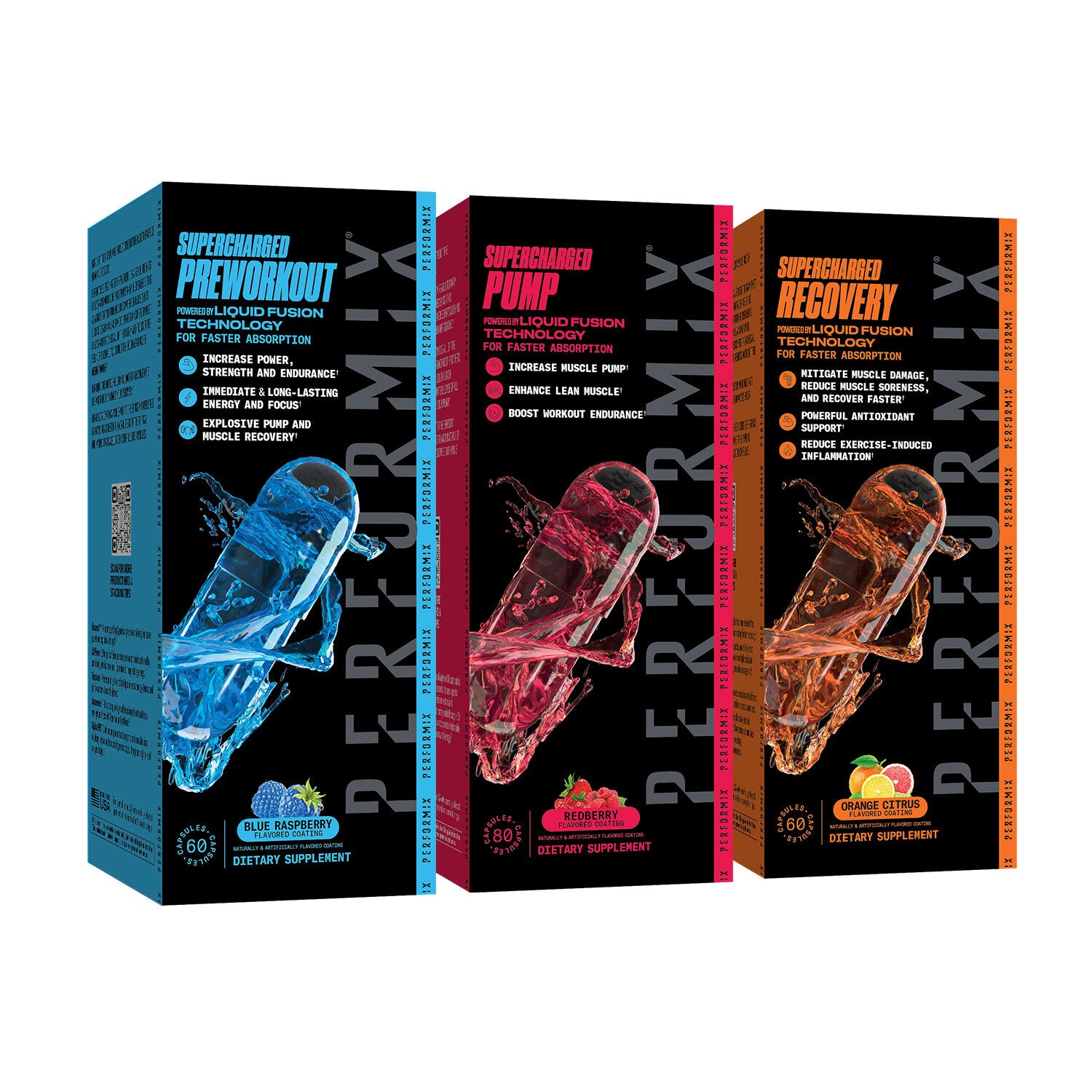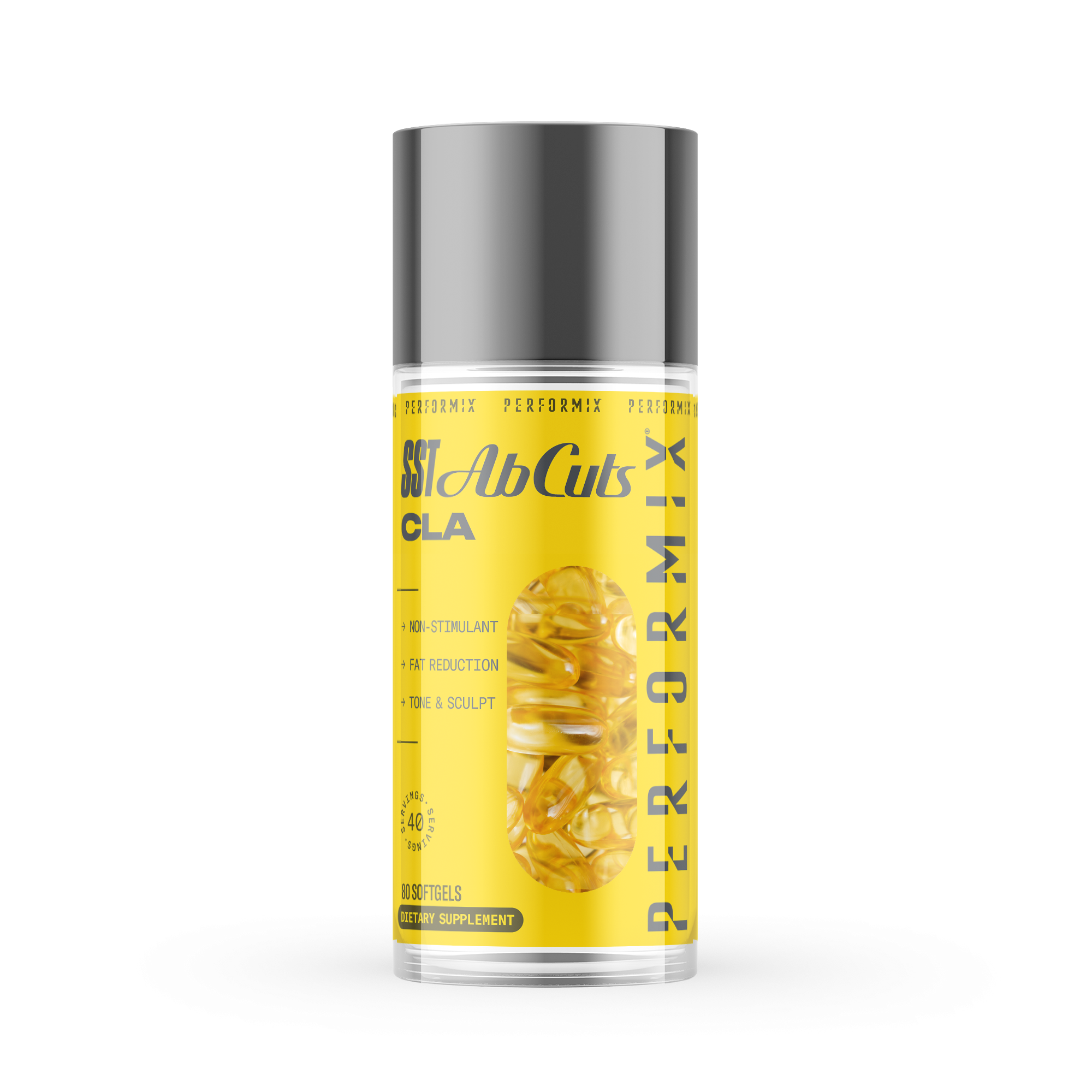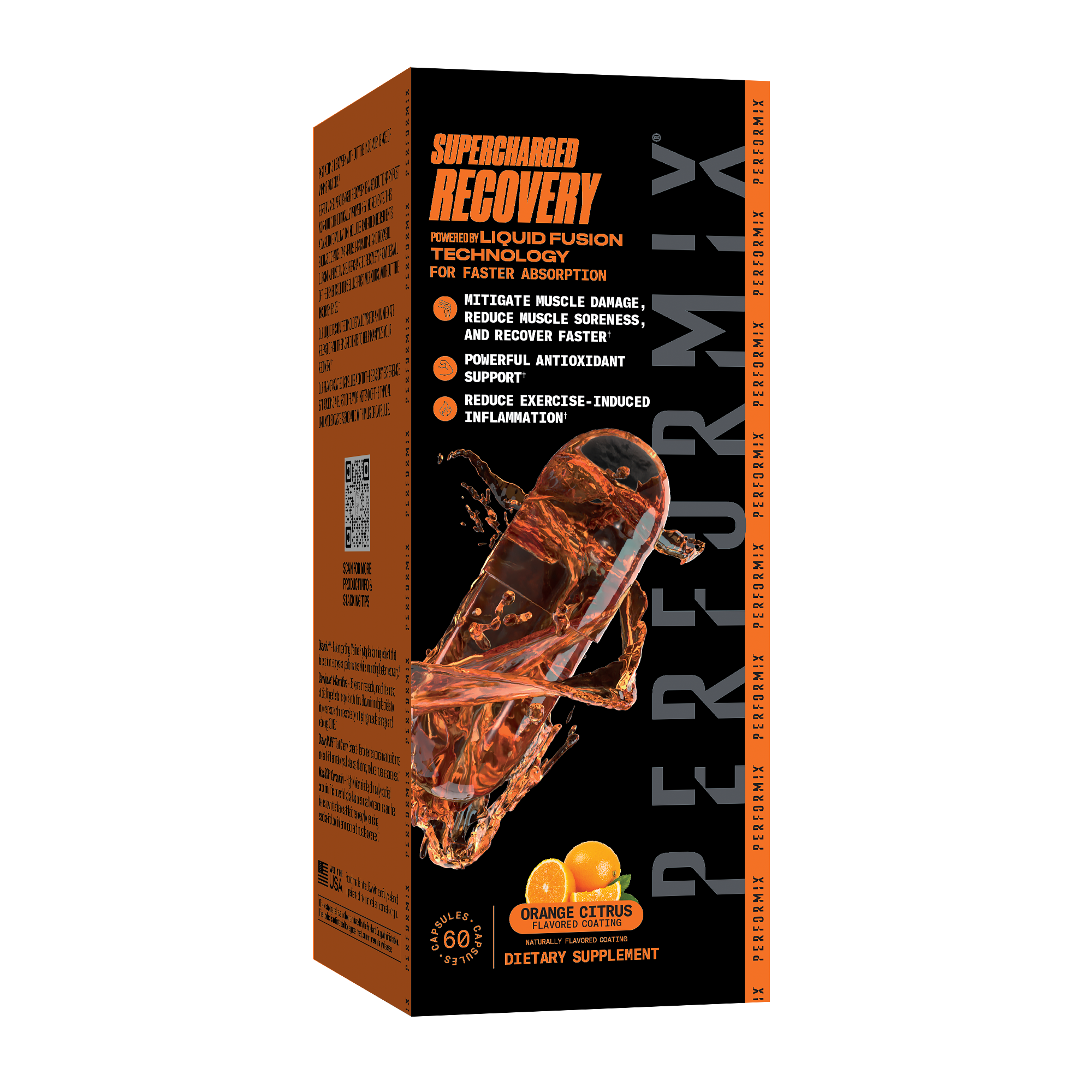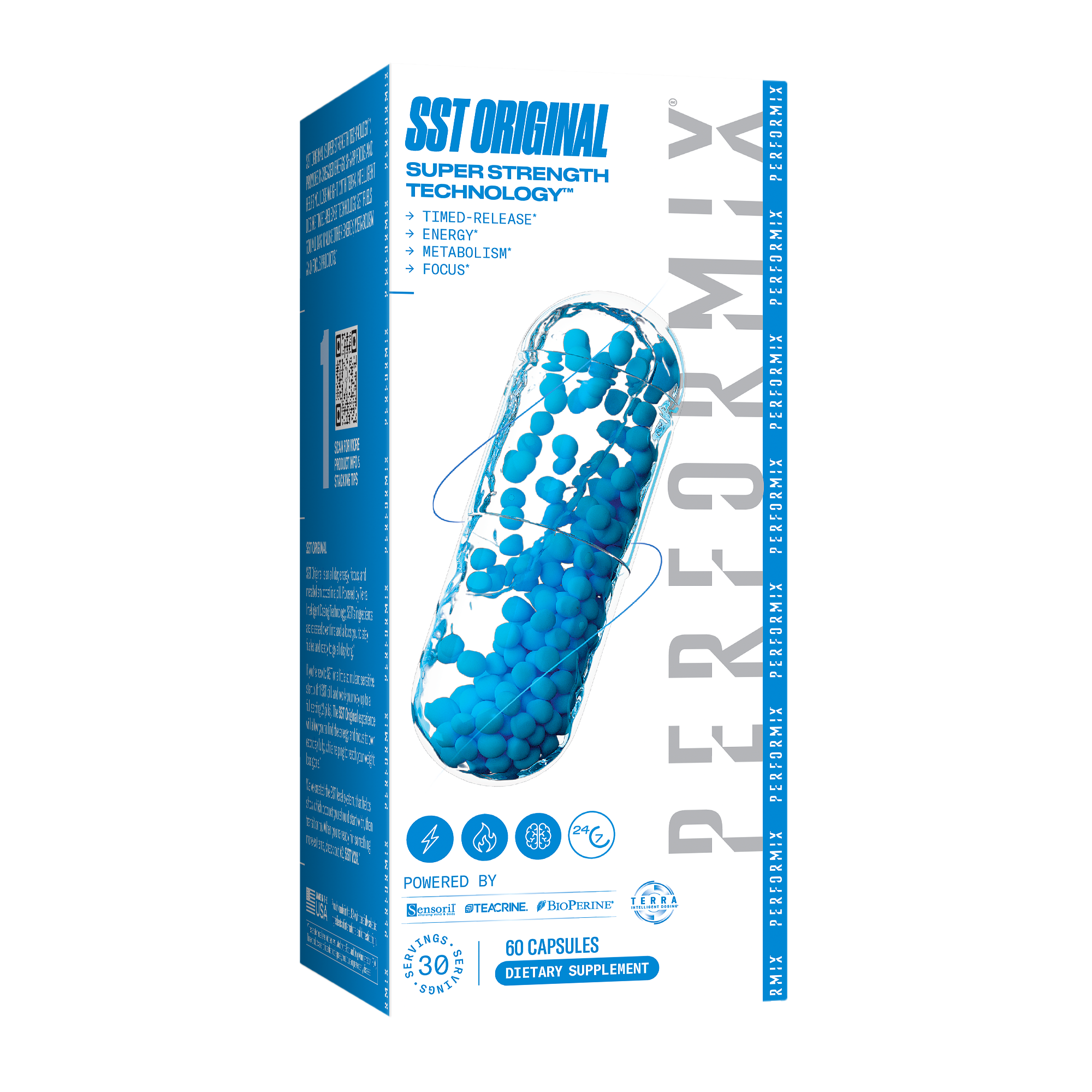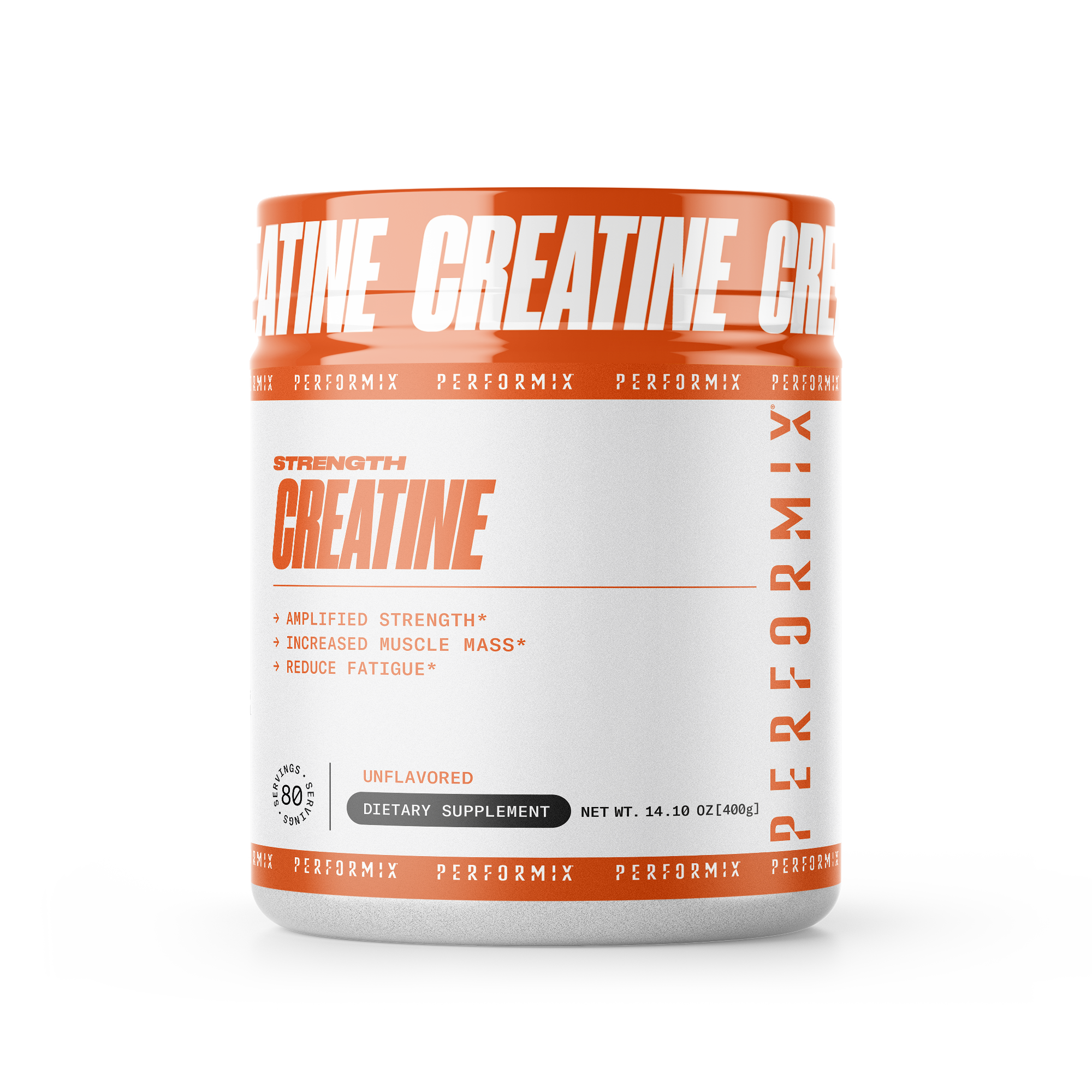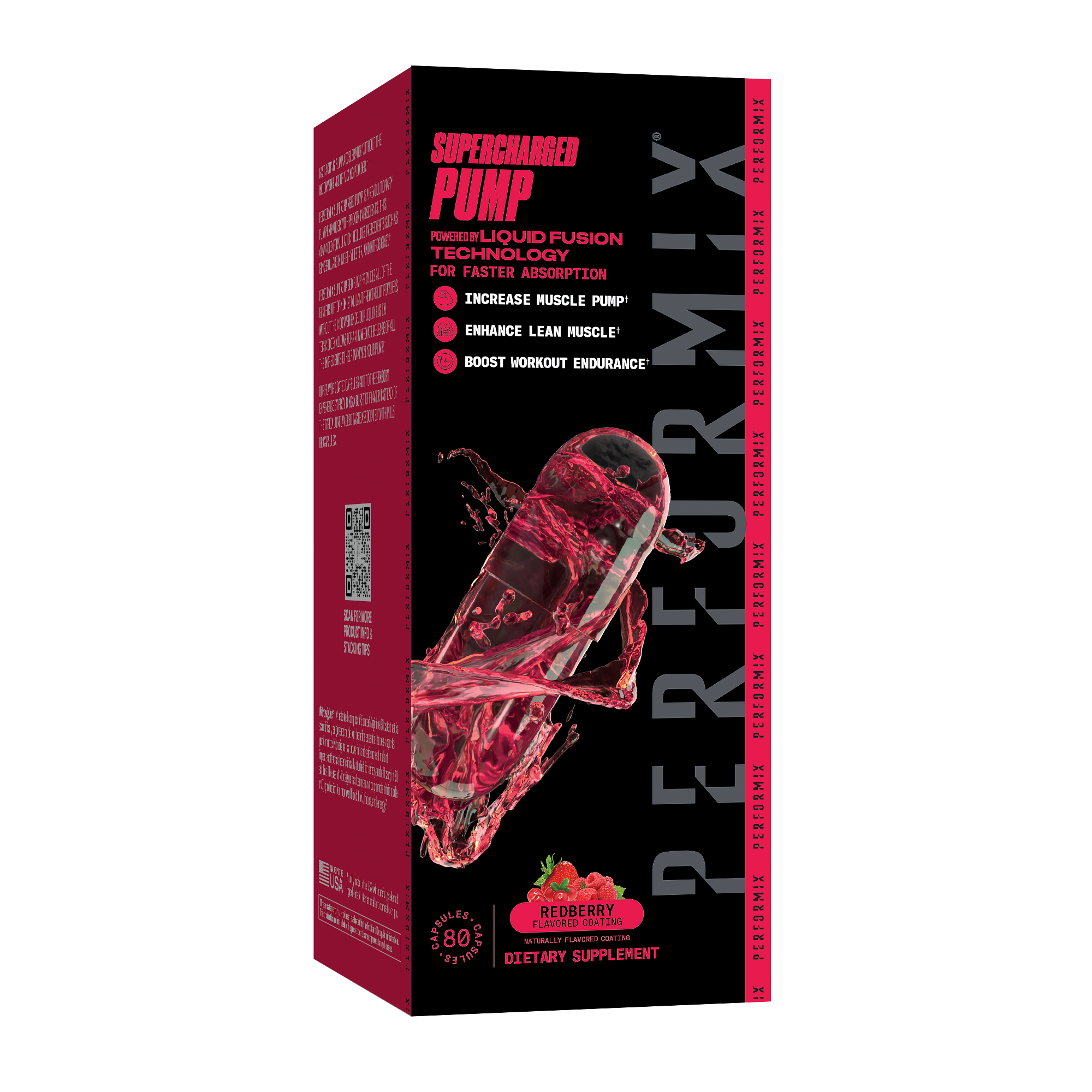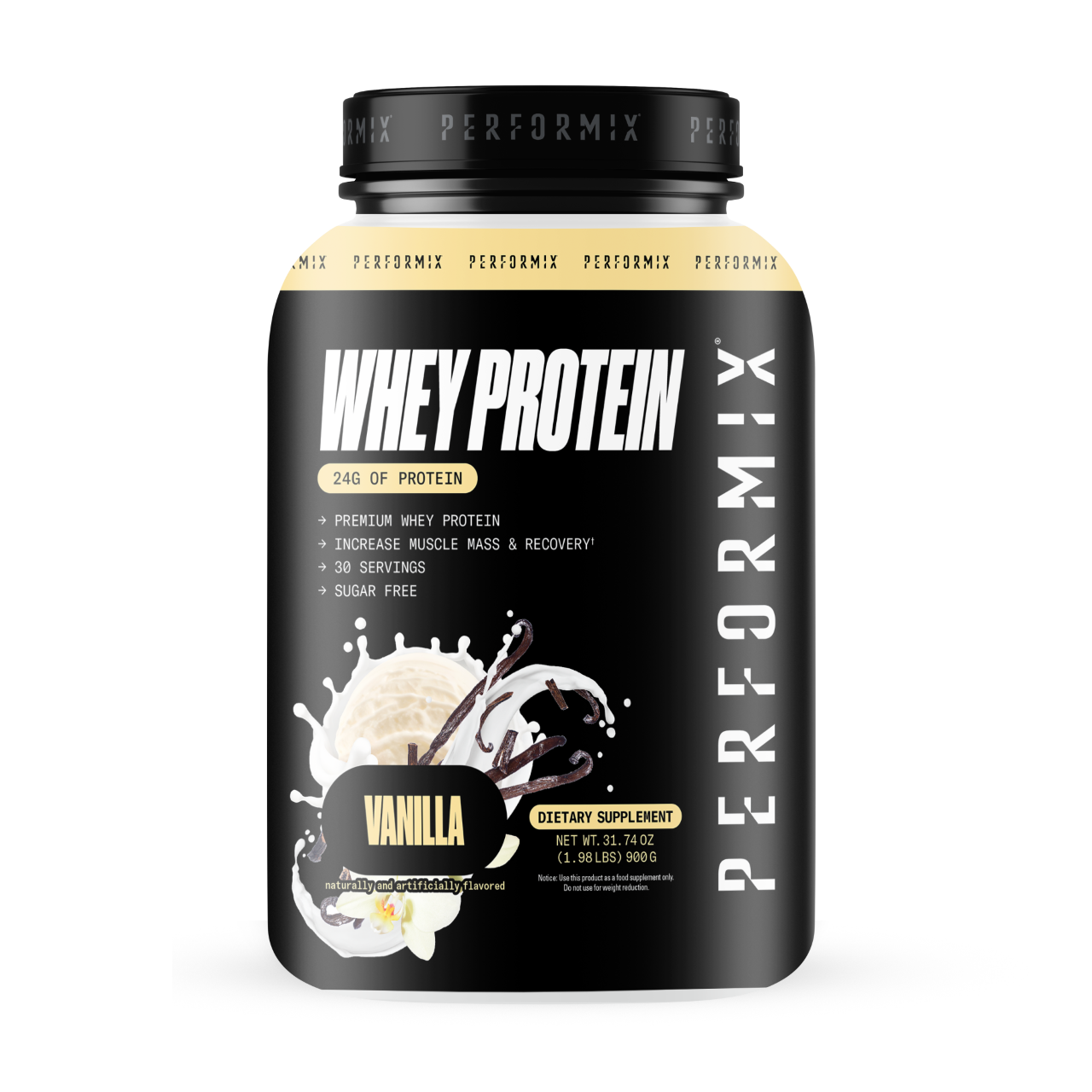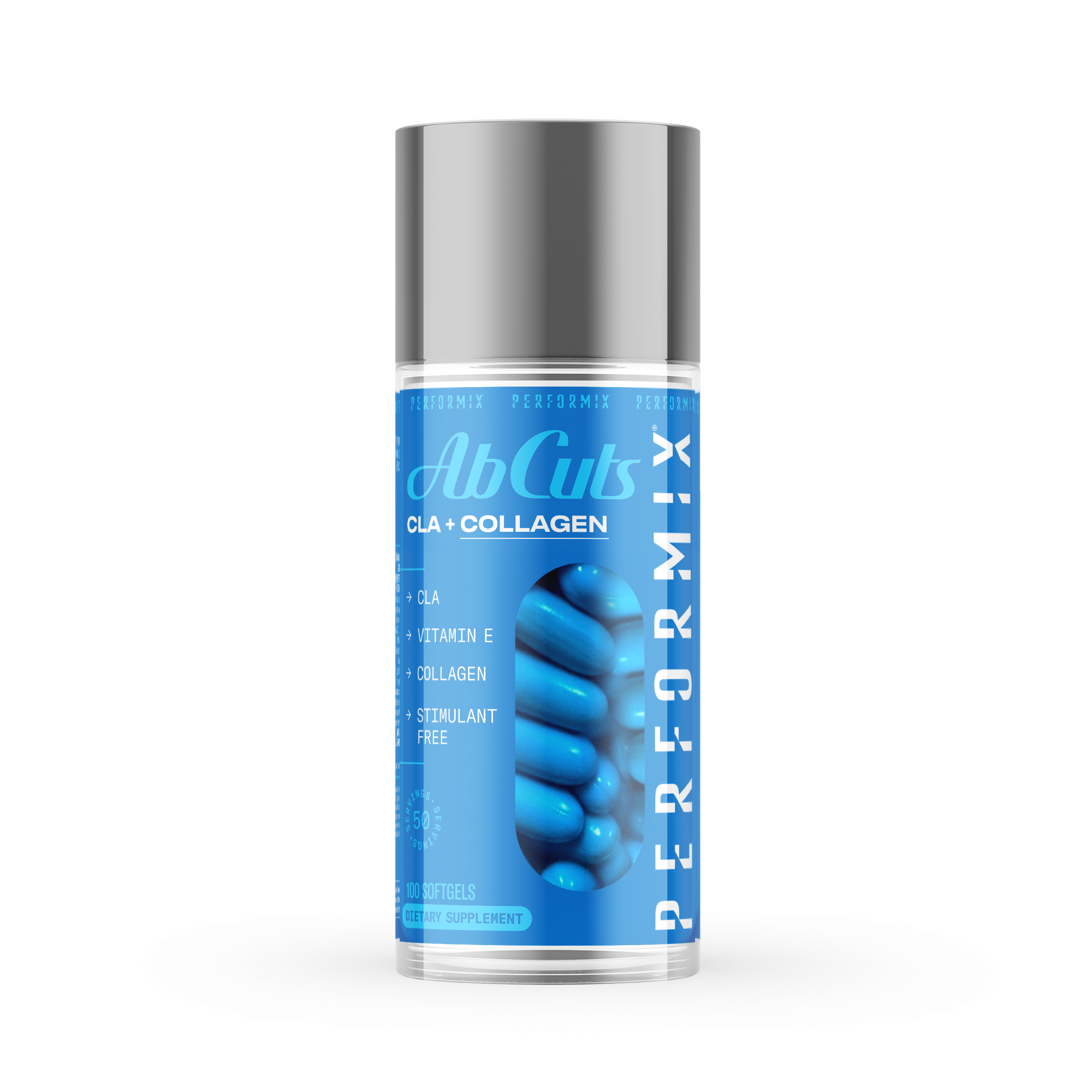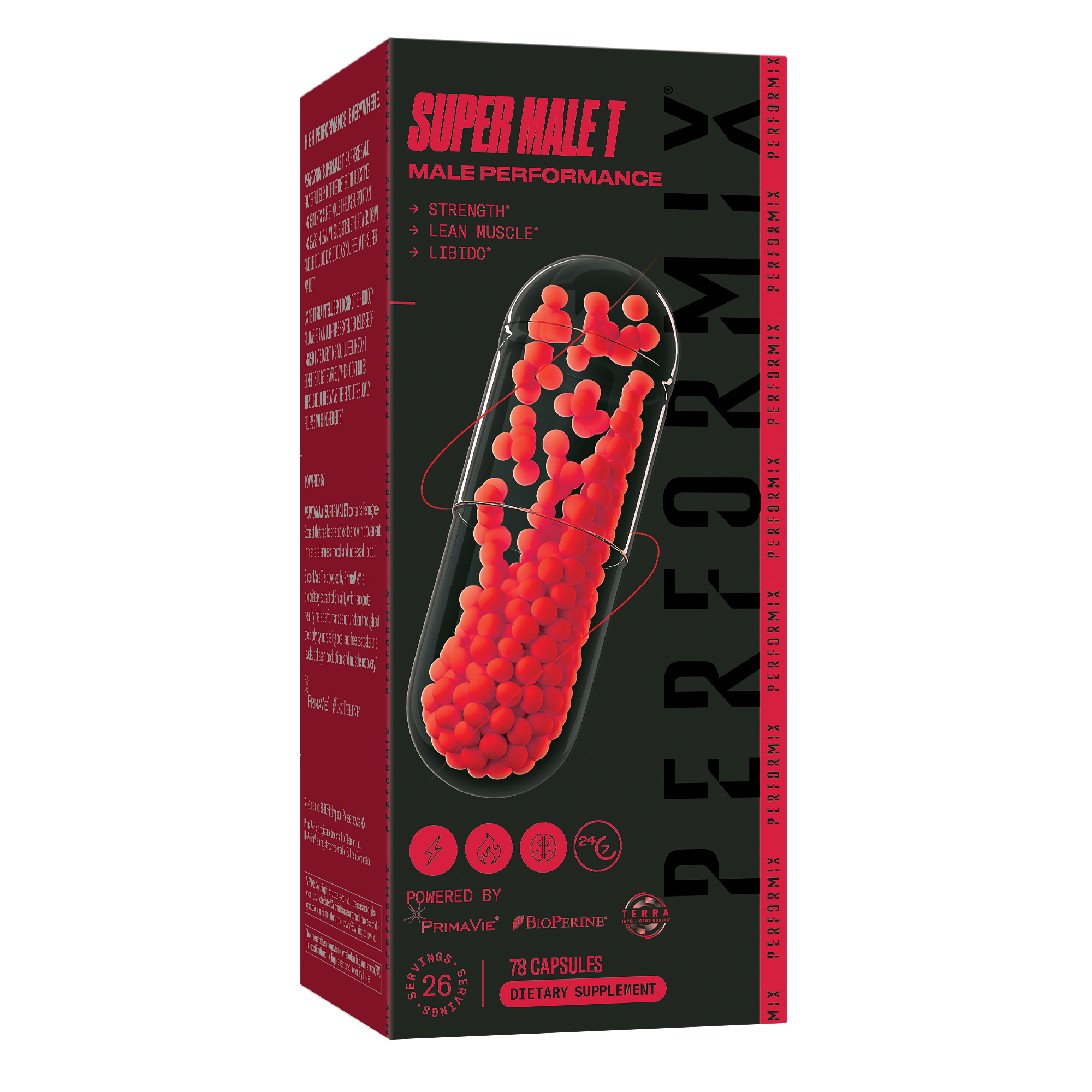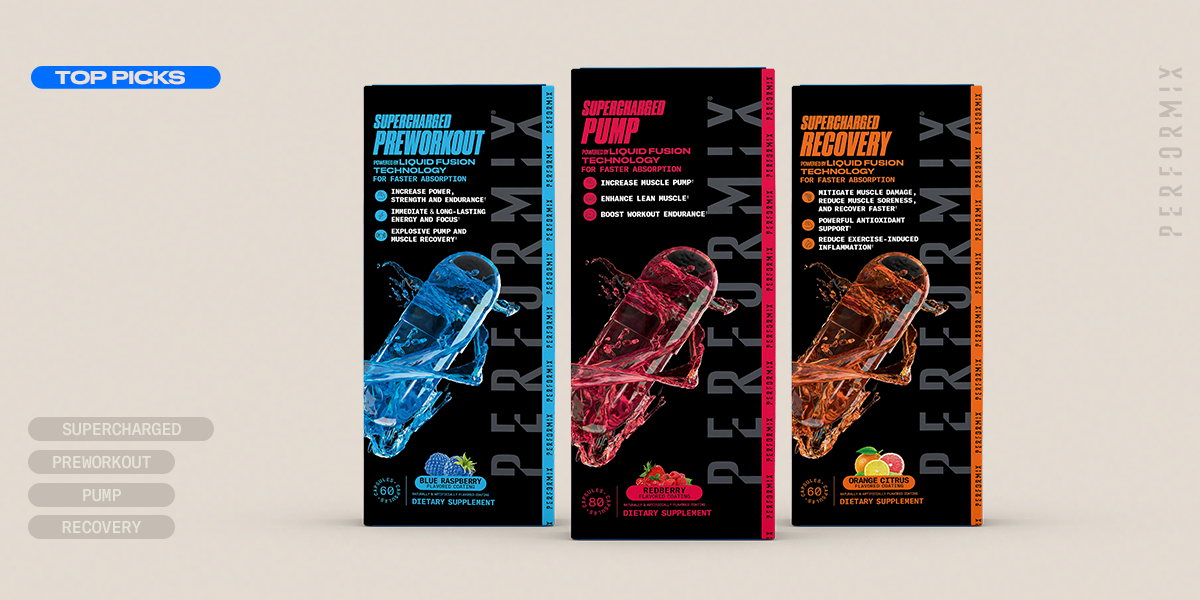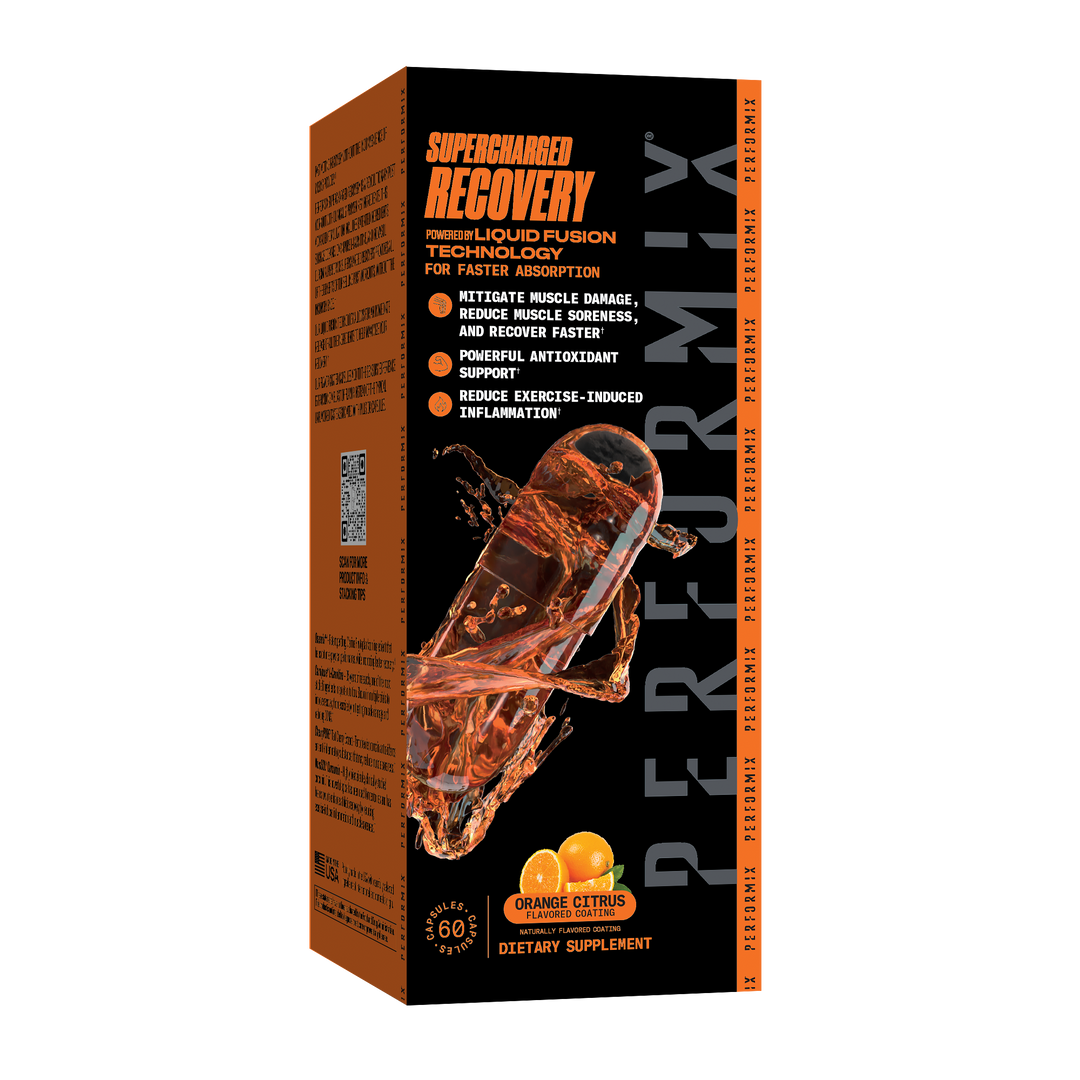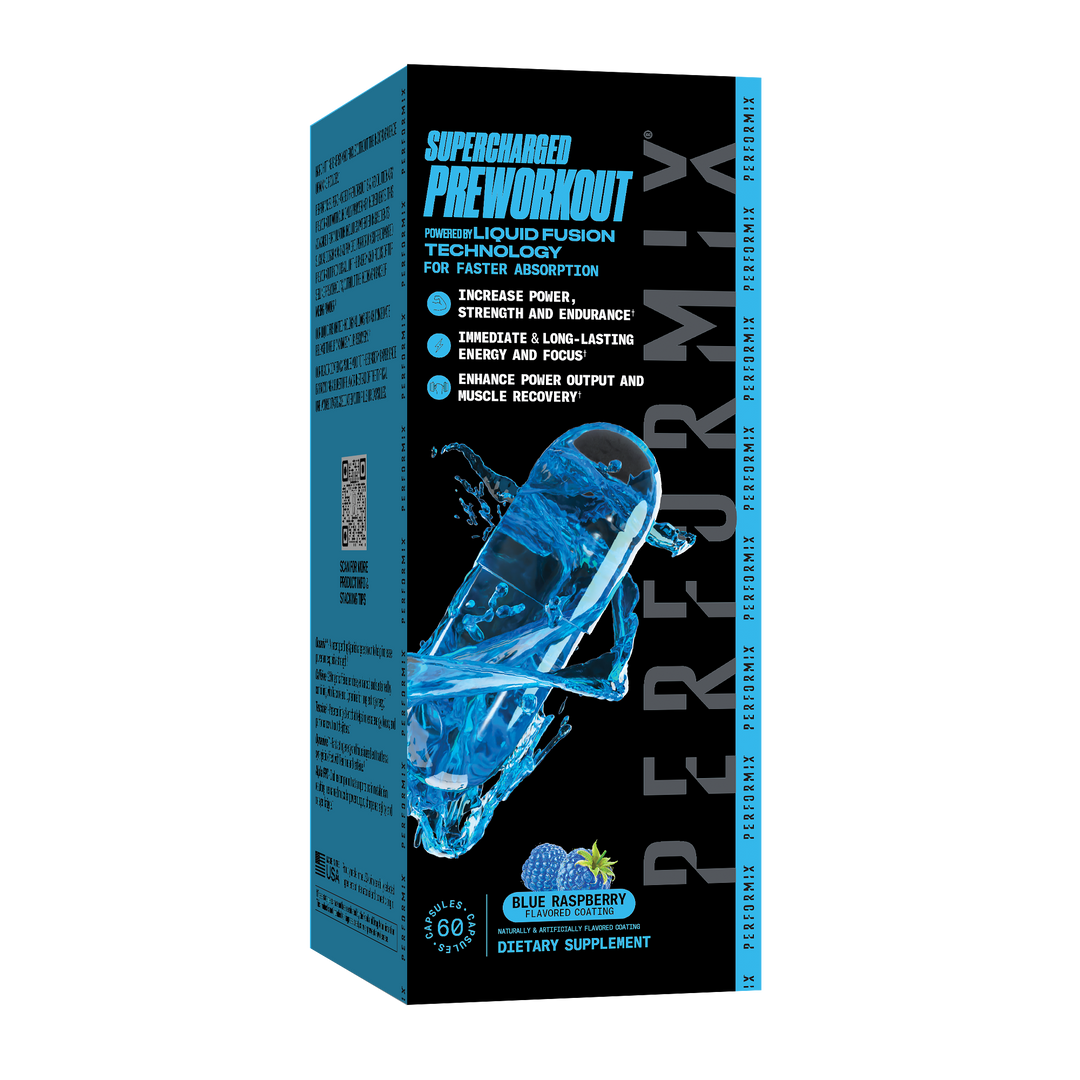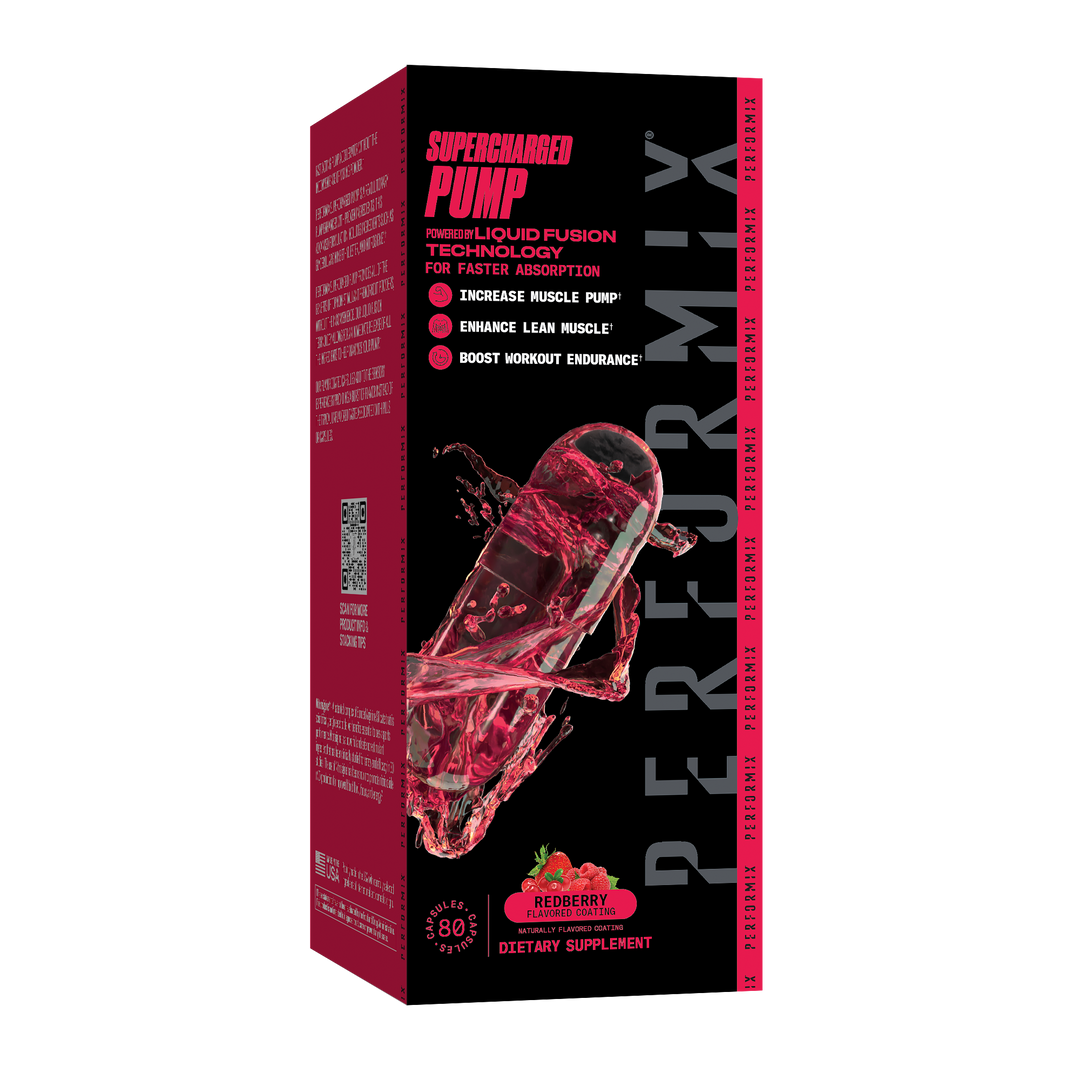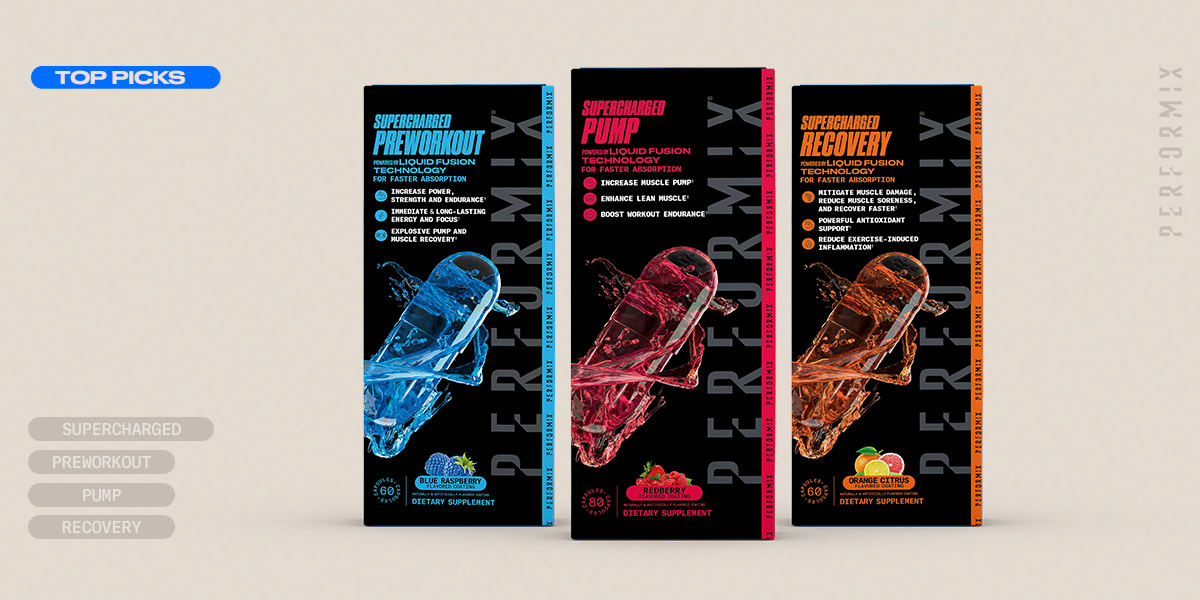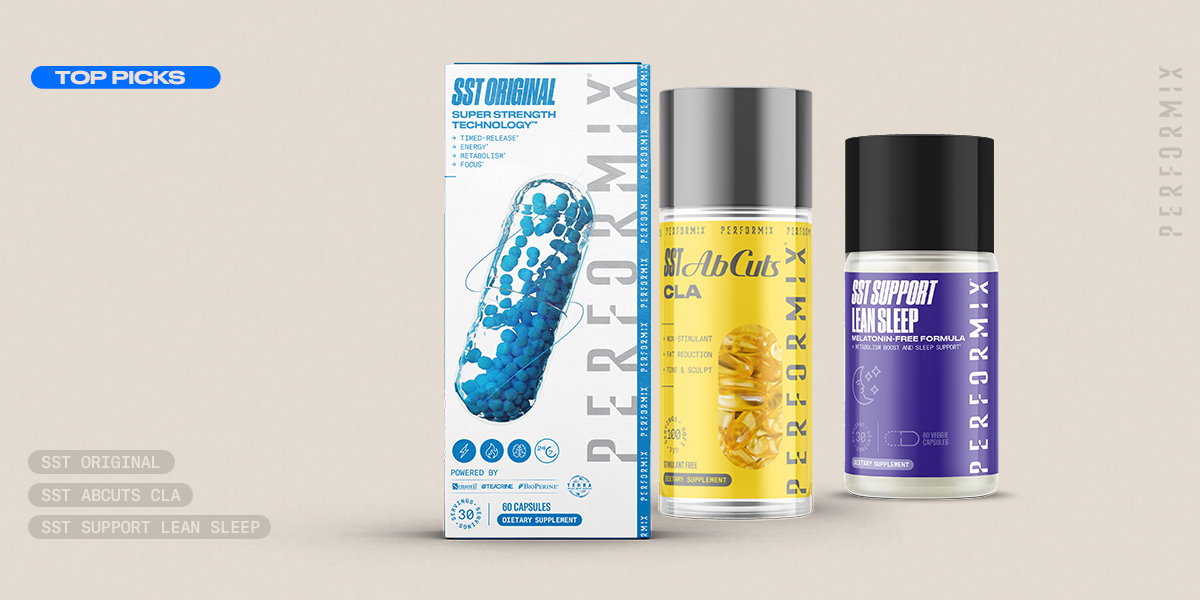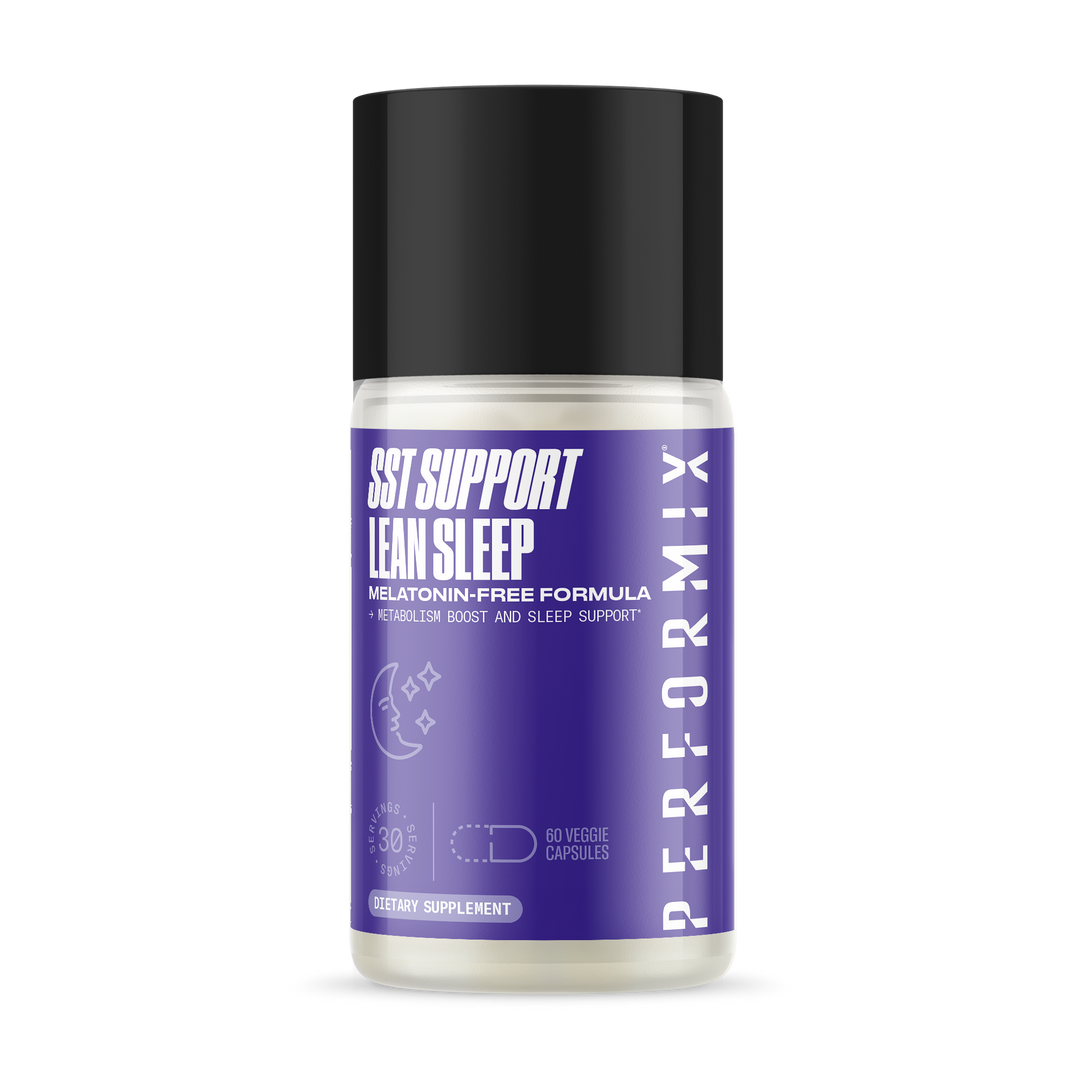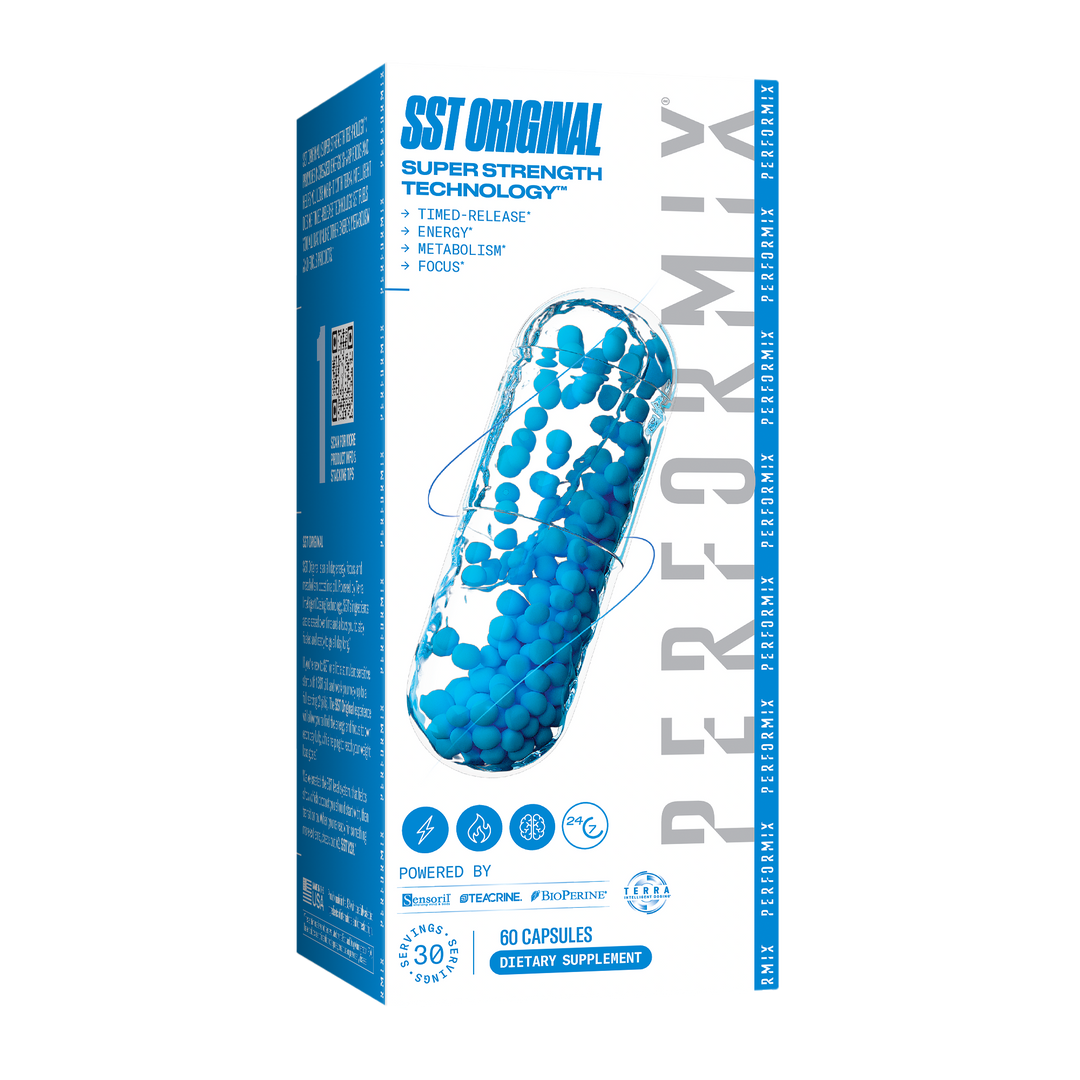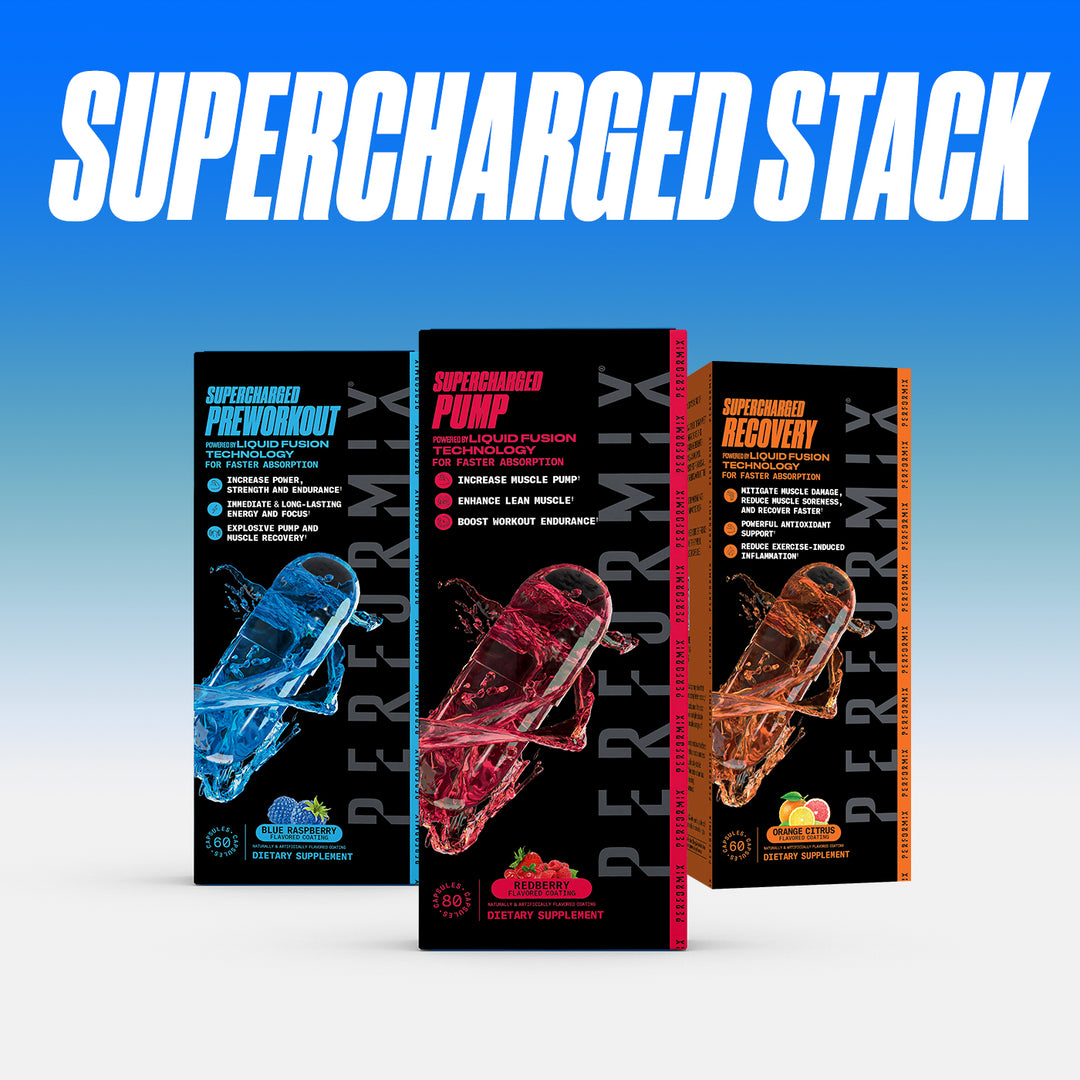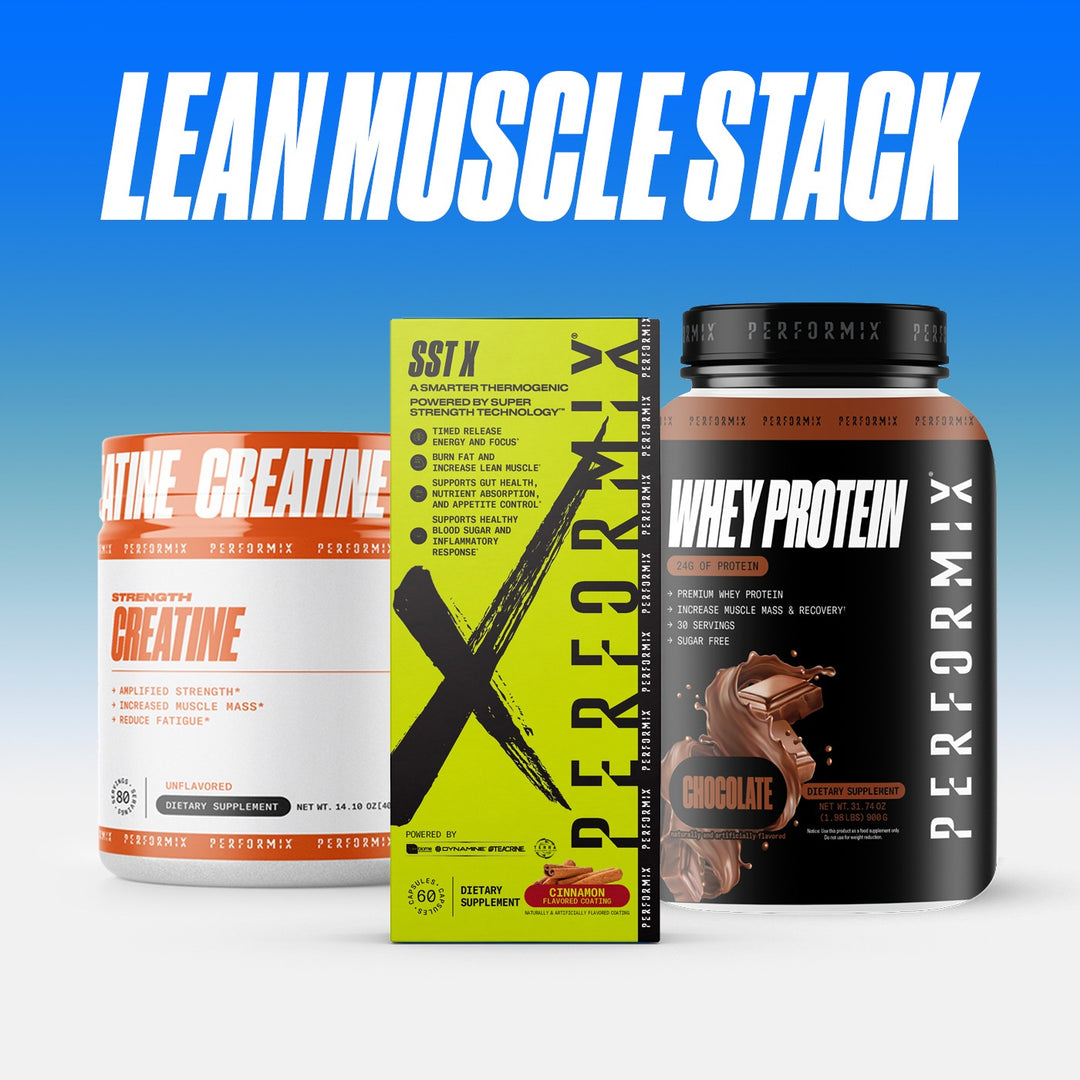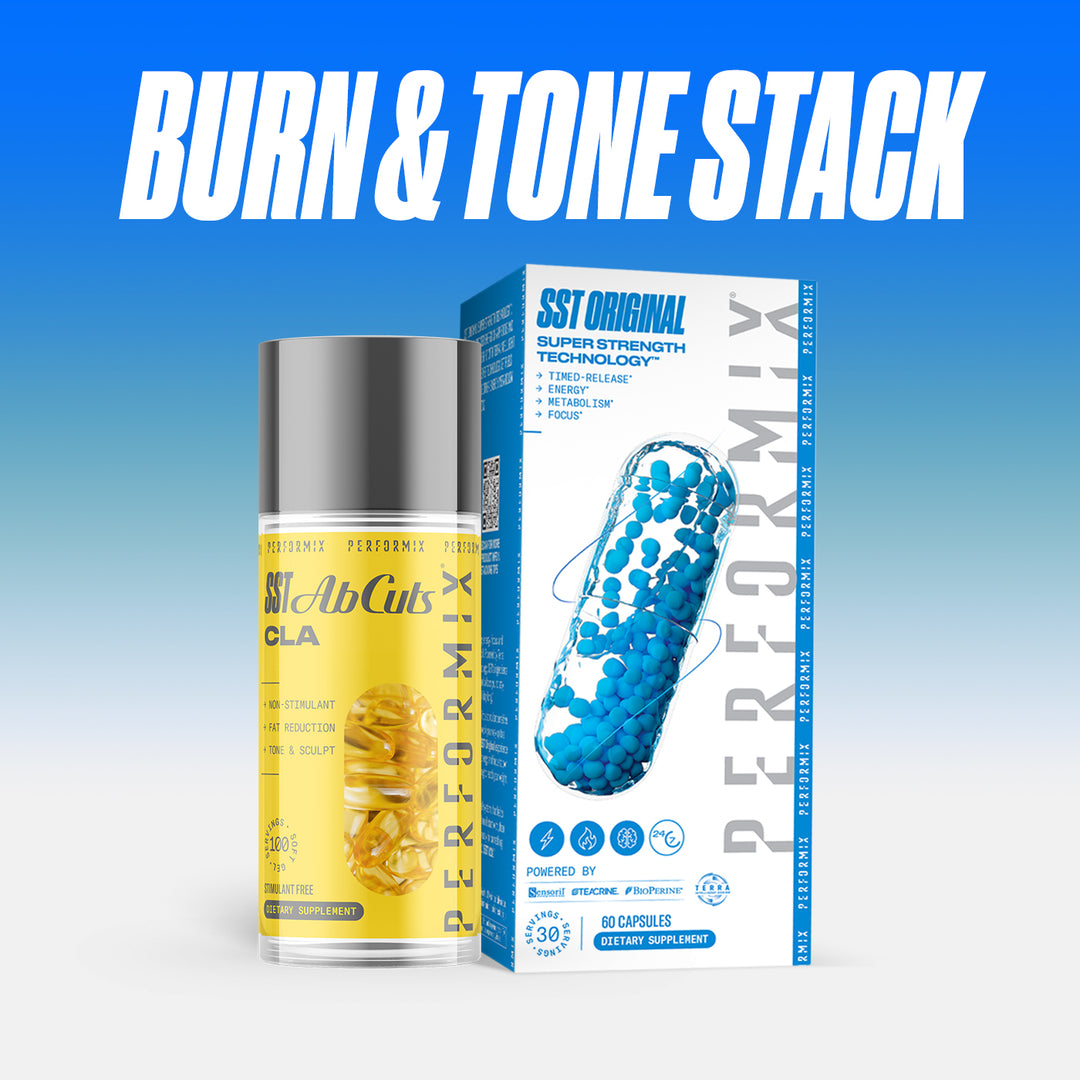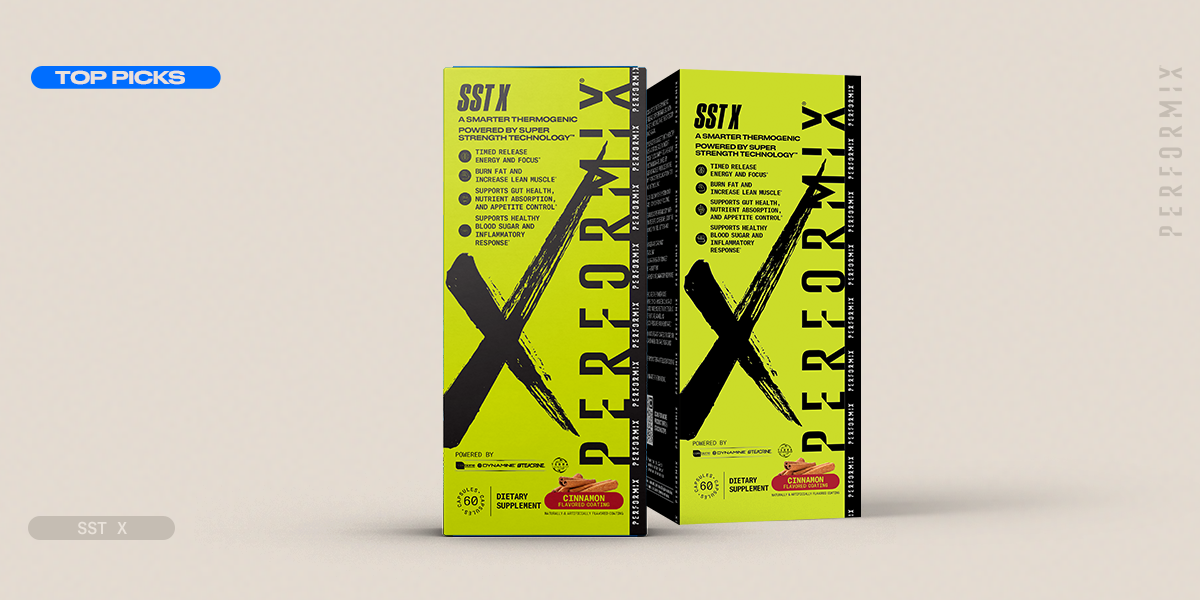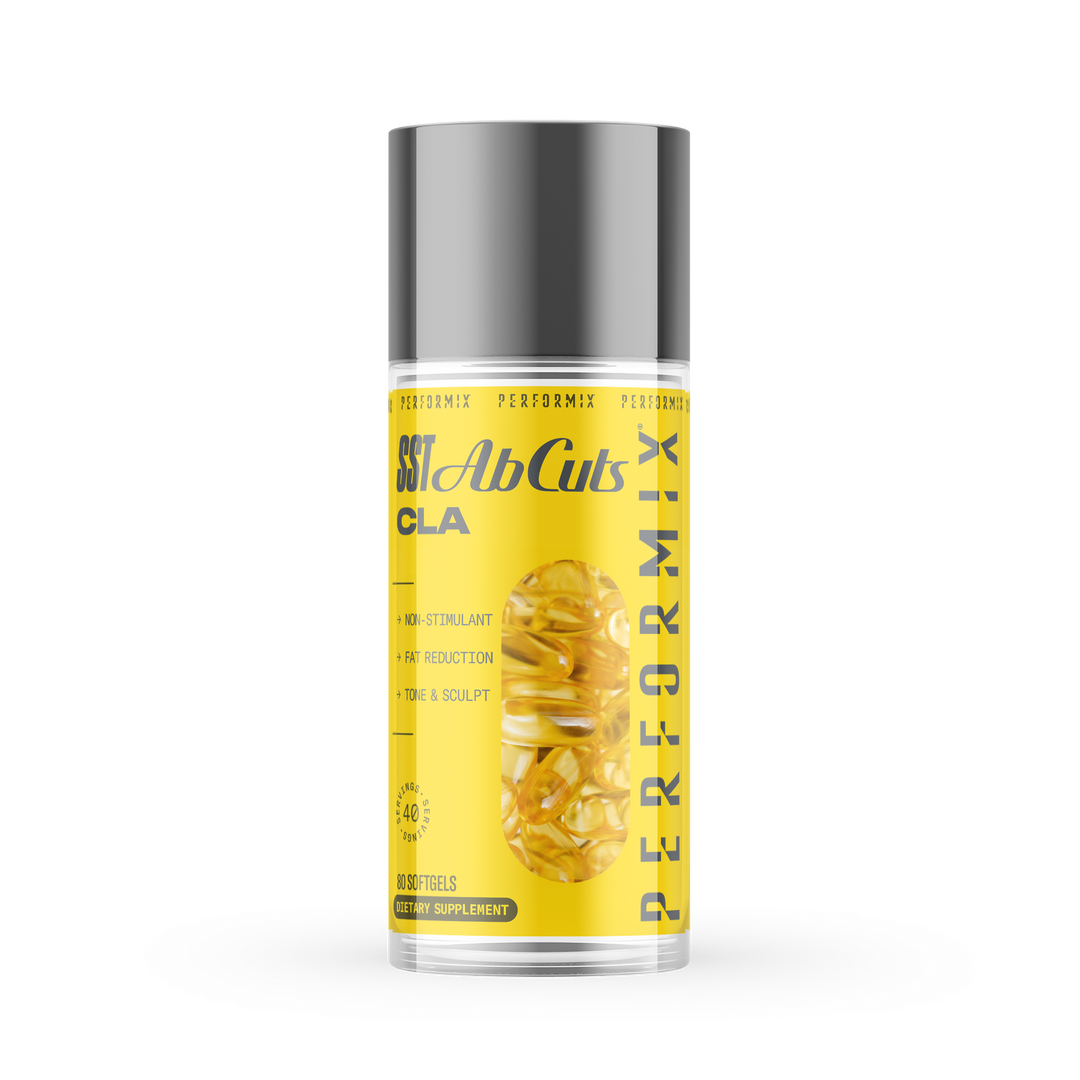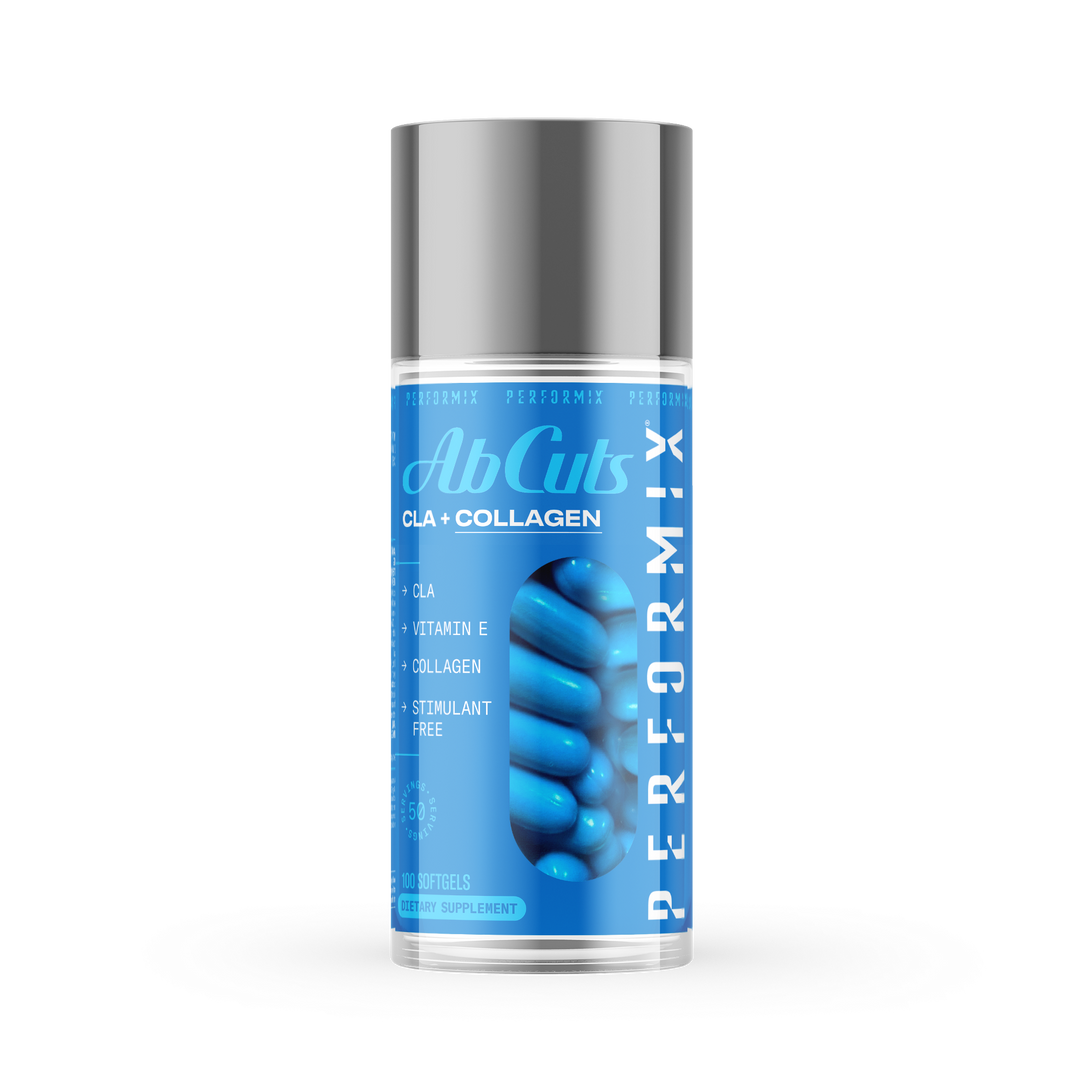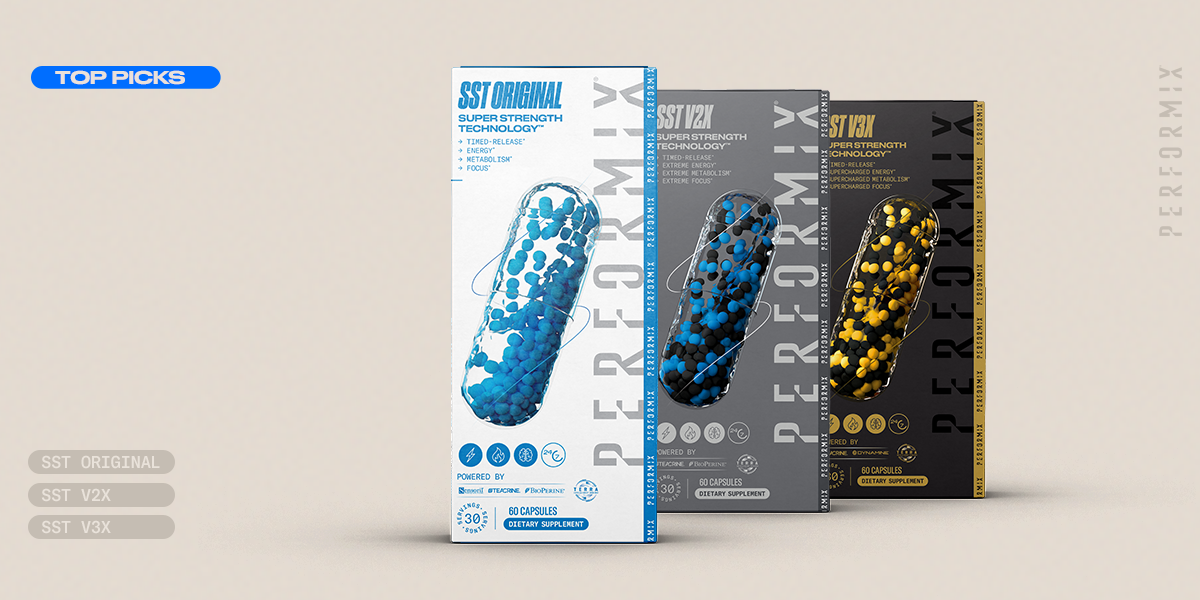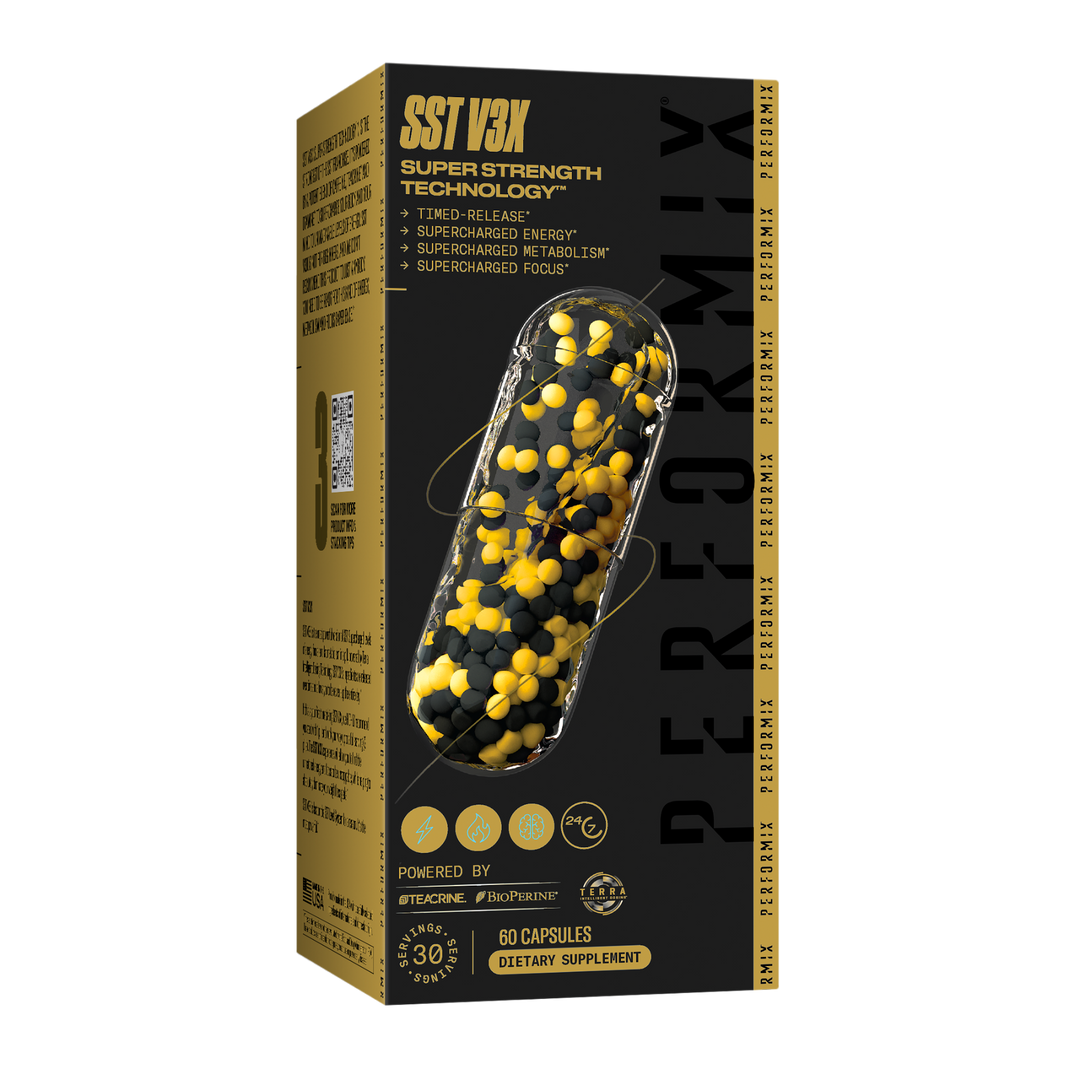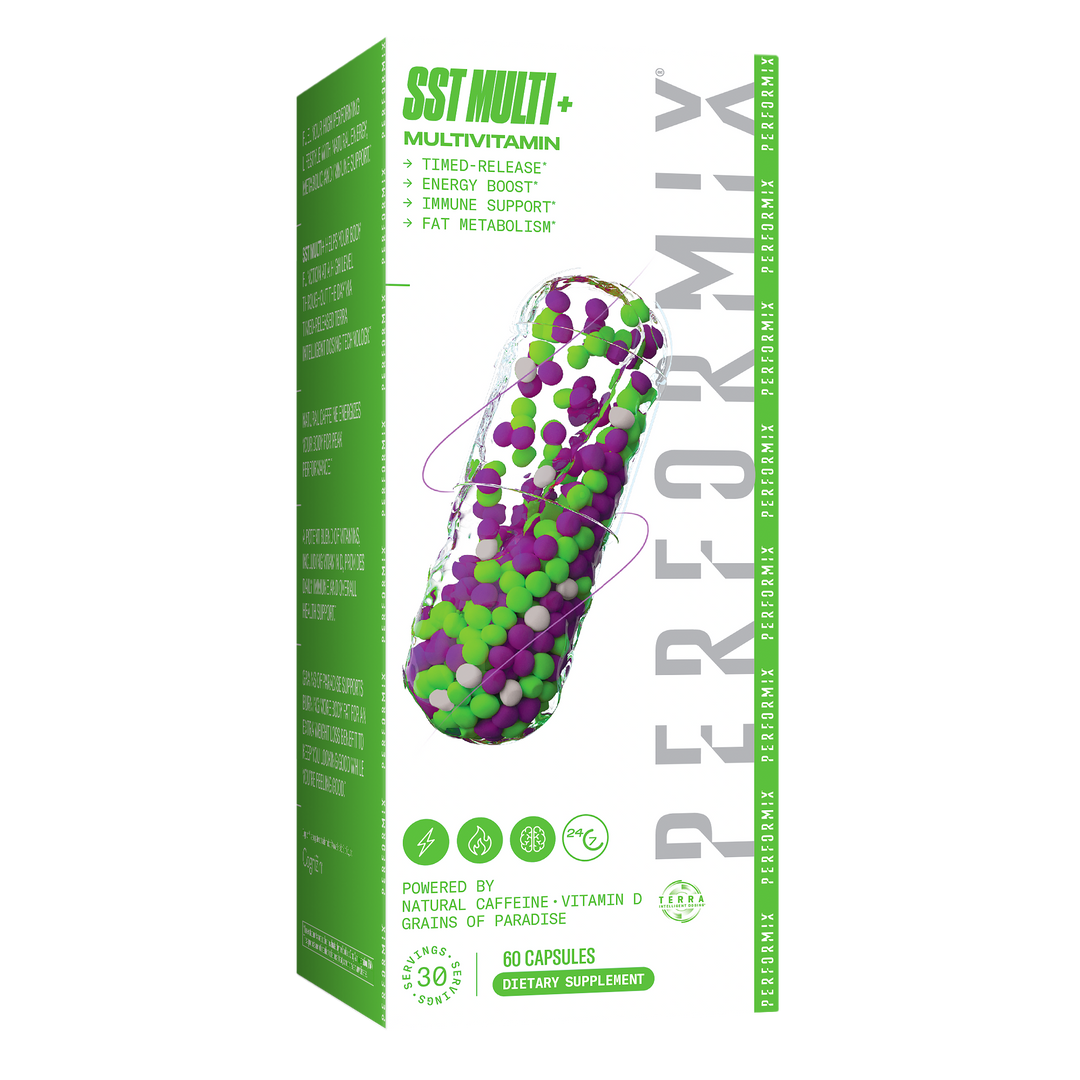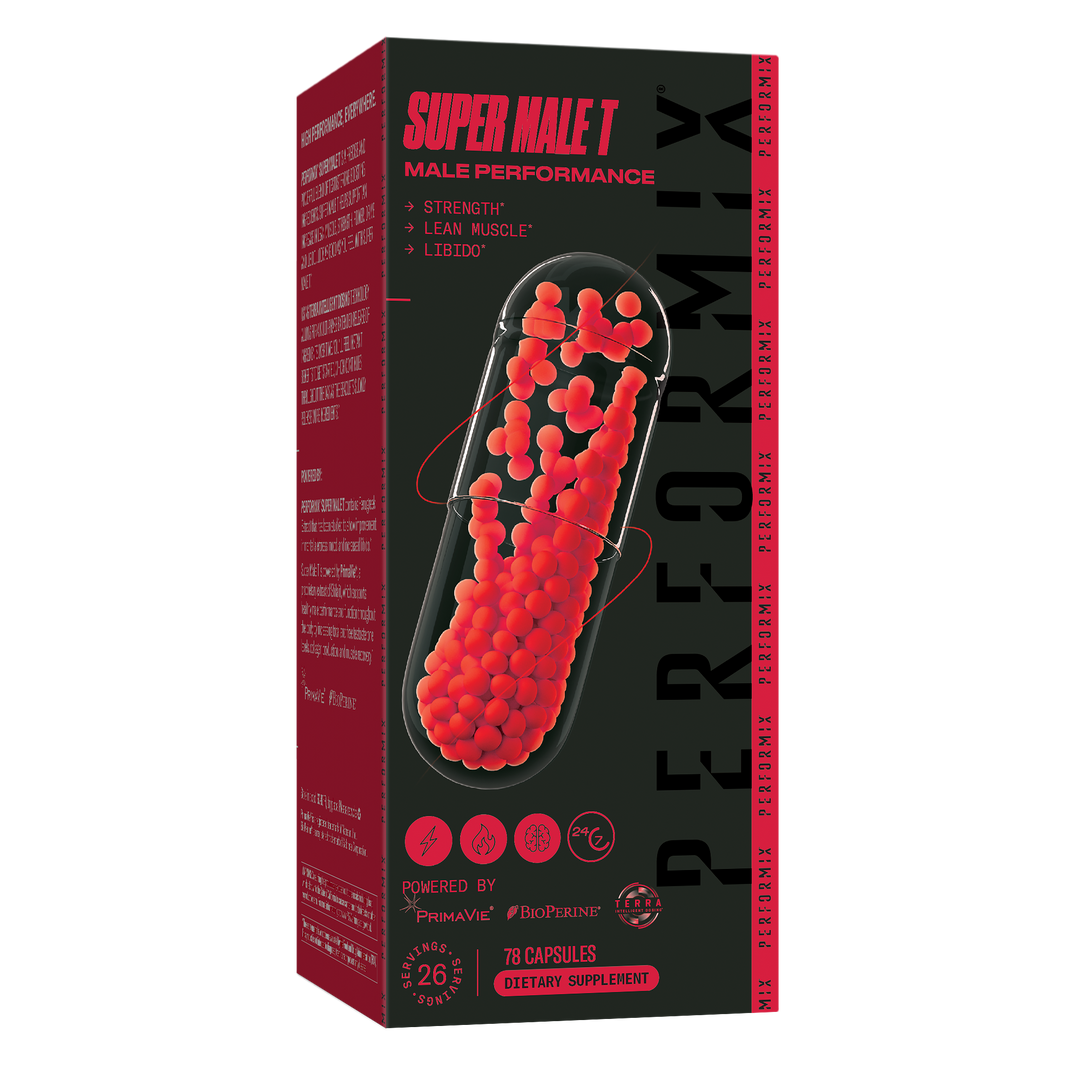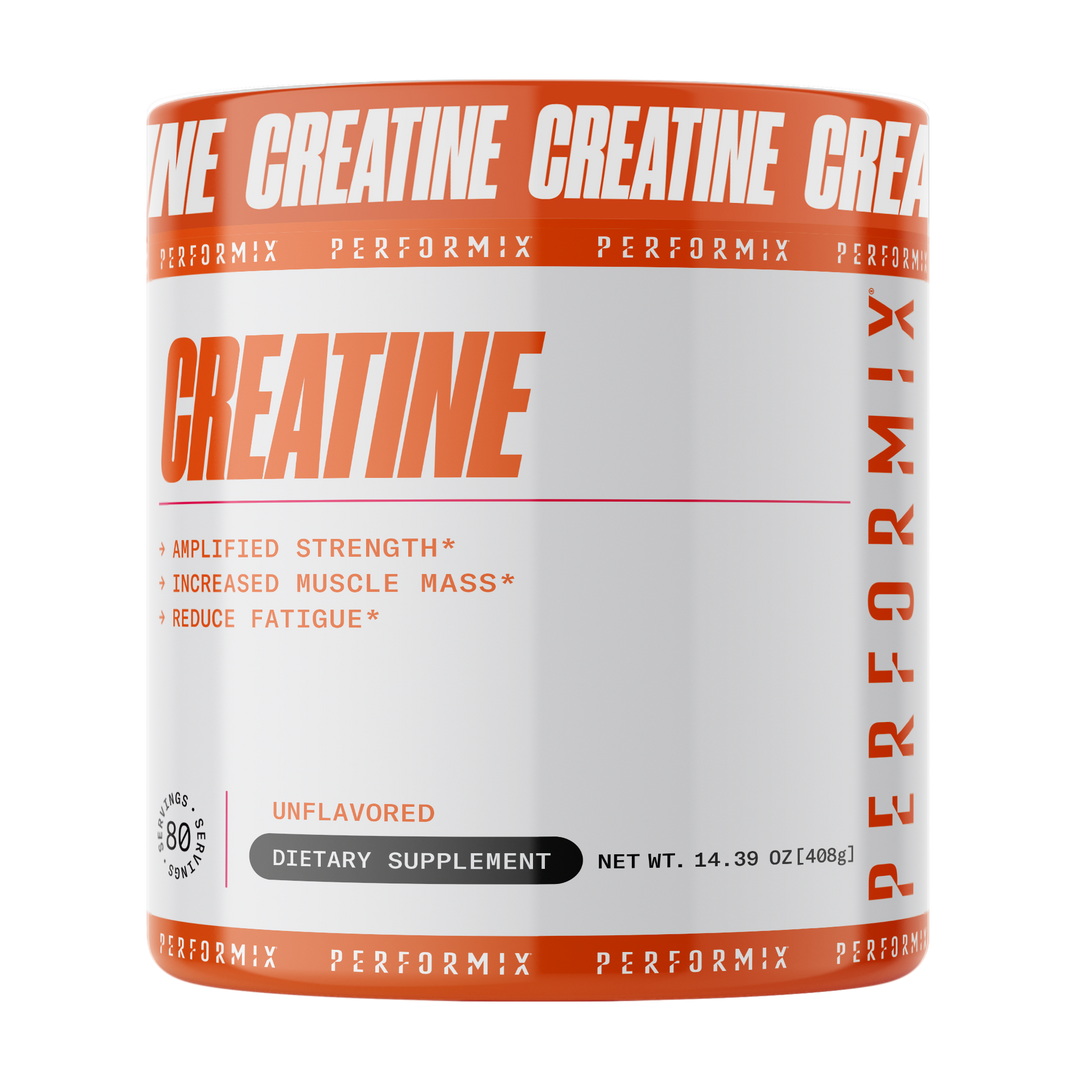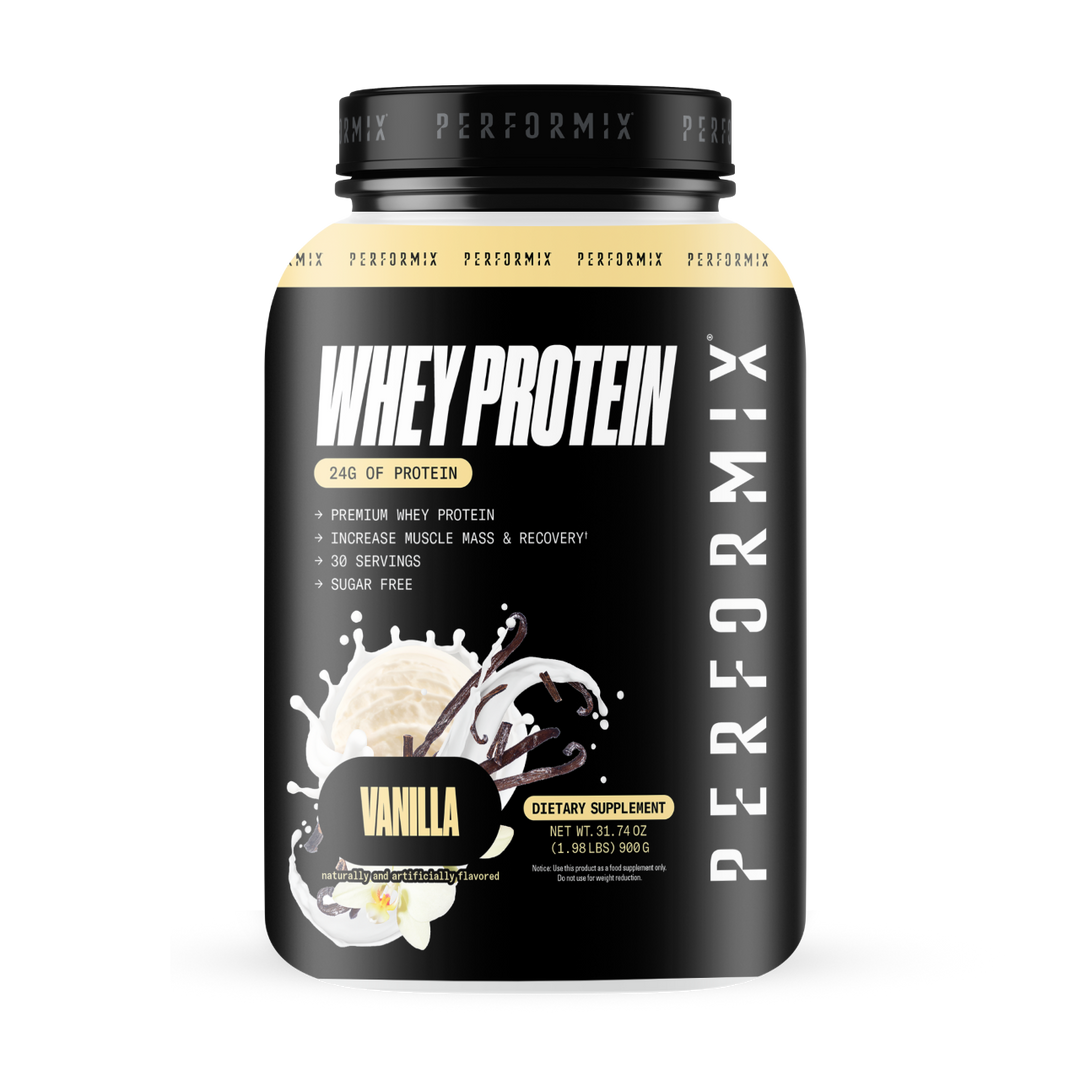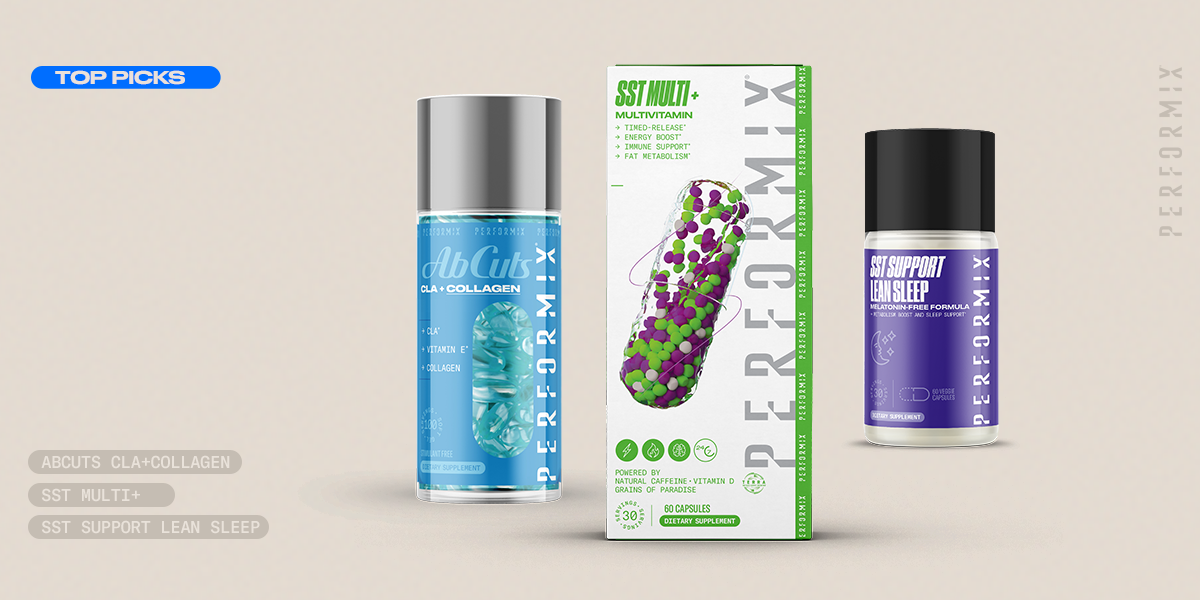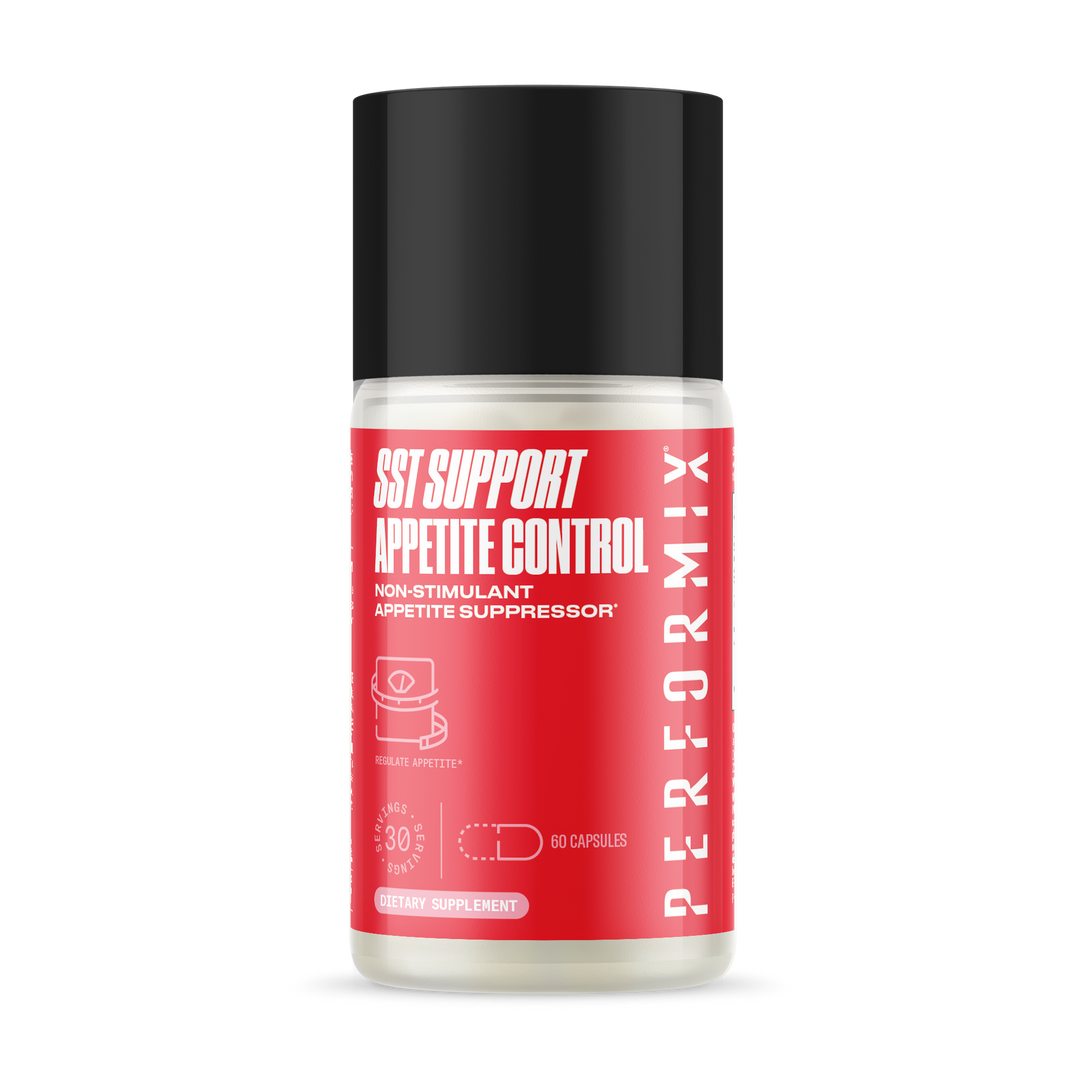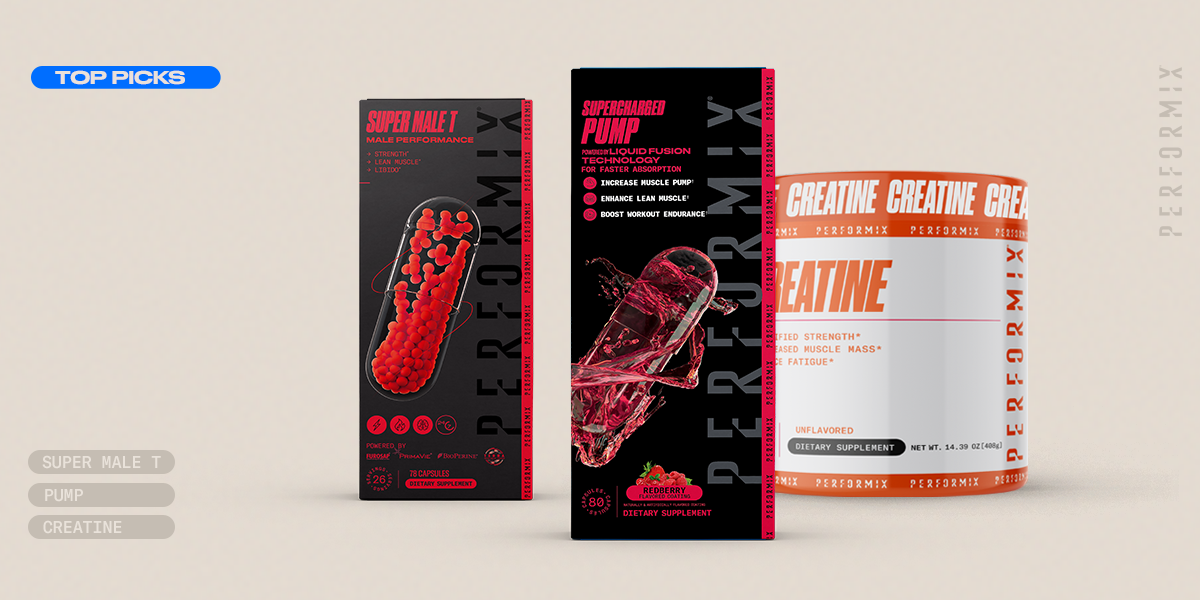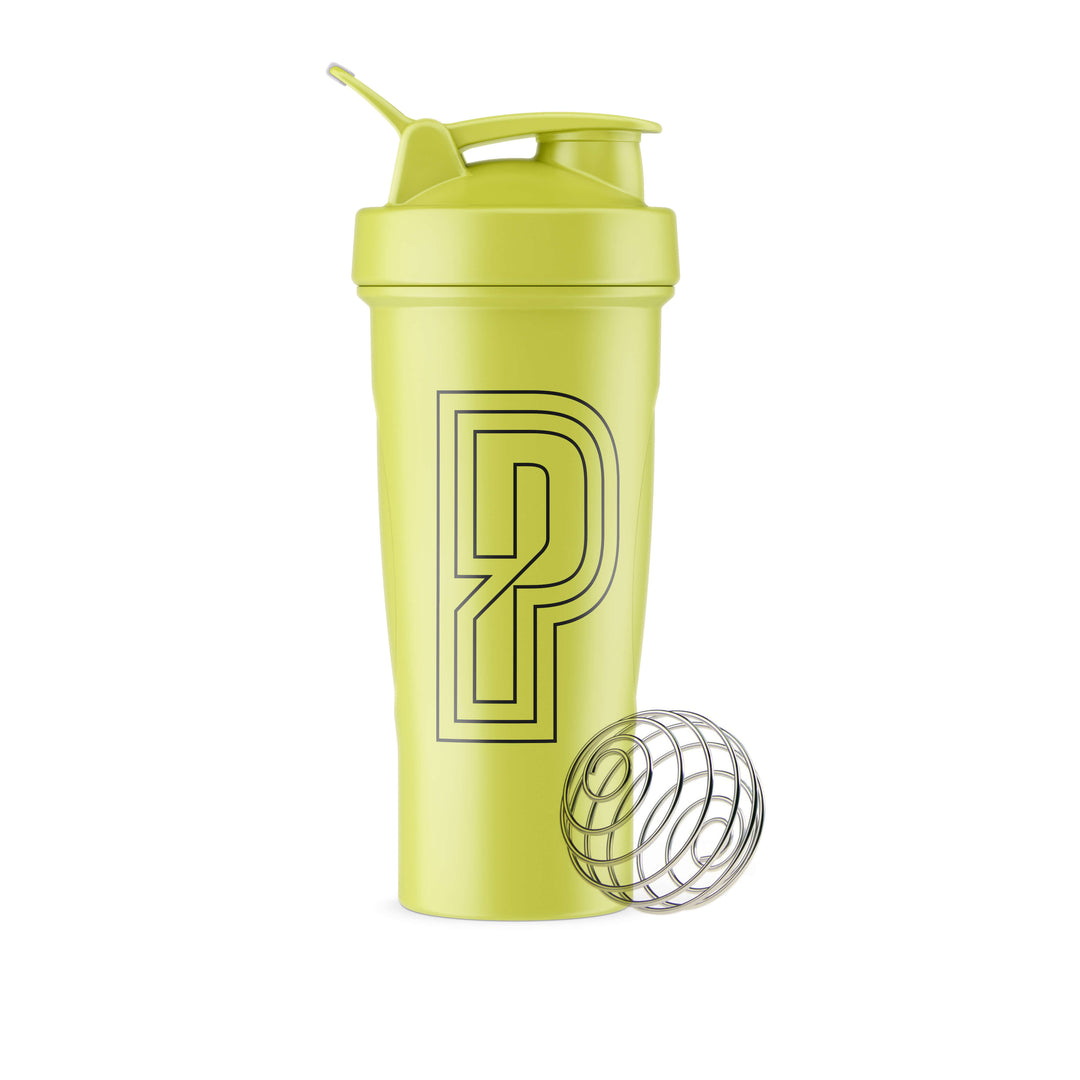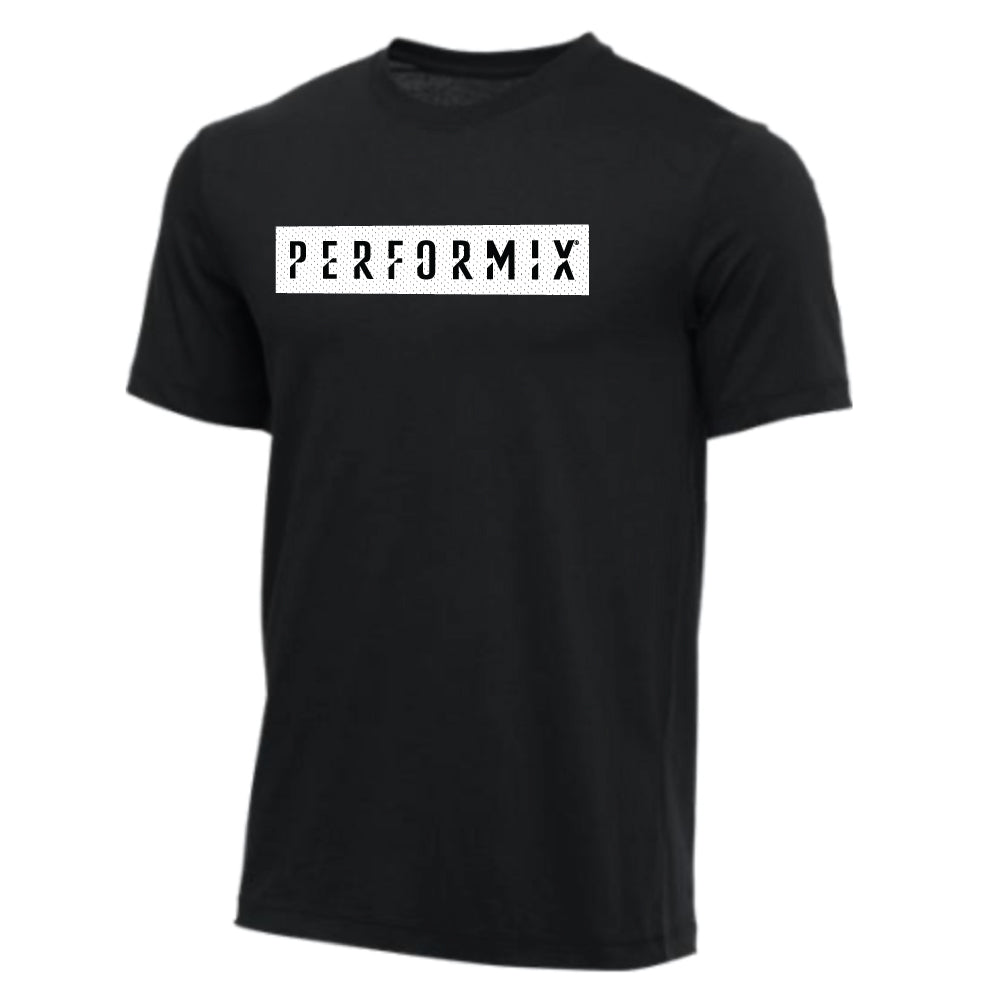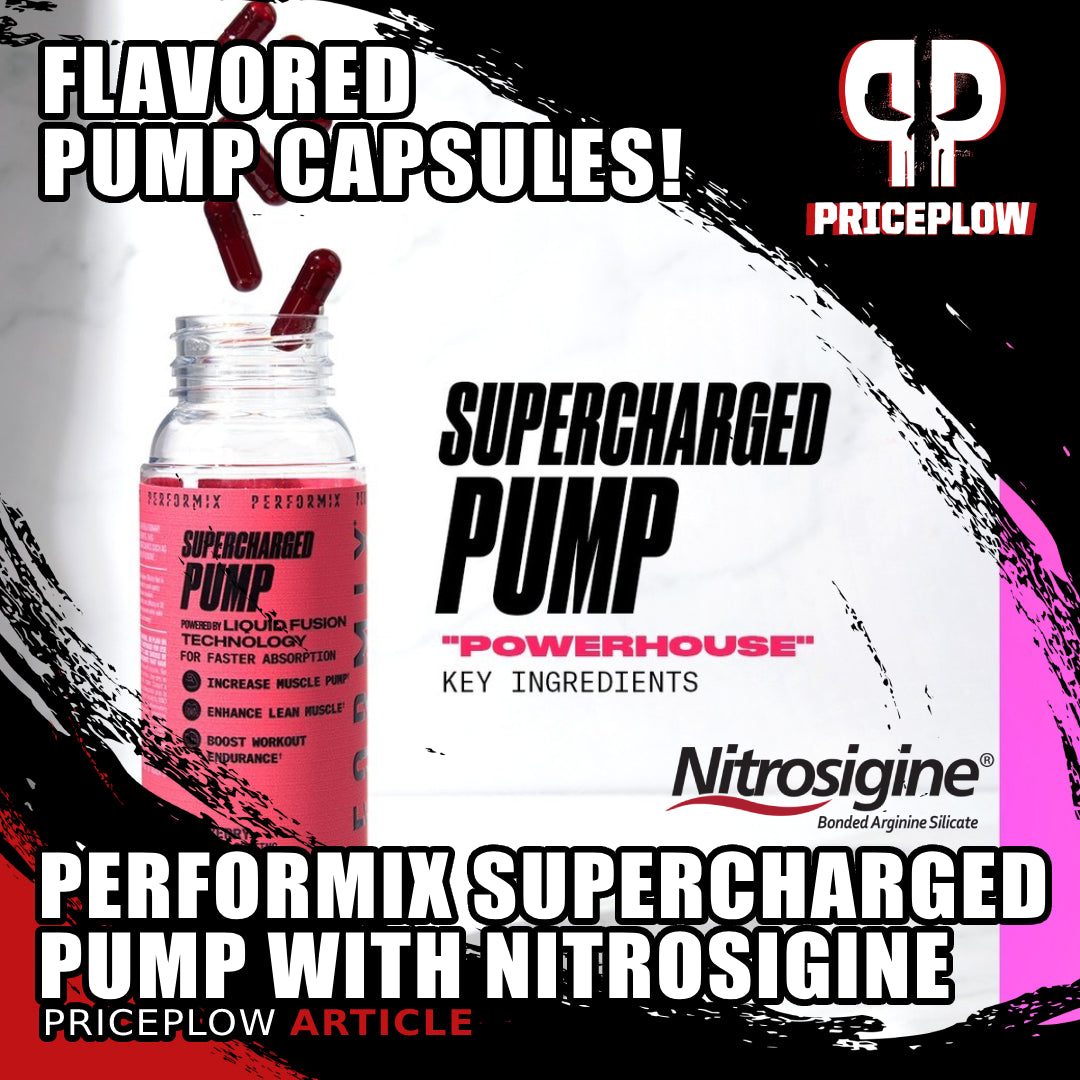PERFORMIX® SUPERCHARGED PUMP: Flavored Nitrosigine® Nitric Oxide Capsules!
December 18, 2023 Mike Roberto and on The PricePlow Blog. REPOSTED ARTICLE
It’s been quite some time since we’ve heard from PERFORMIX®, a brand that took GNC by storm in the 2010s with some popular pre-workout supplements and fat burners.
We spoke to them recently, and they’re back with a new attitude — to reclaim their throne in the capsule space. And they’re doing it with a simple yet incredible idea: experiential capsules! It all comes down to a simple method: flavoring them!
PERFORMIX® SUPERCHARGED PUMP: A Pump Cap You can Taste
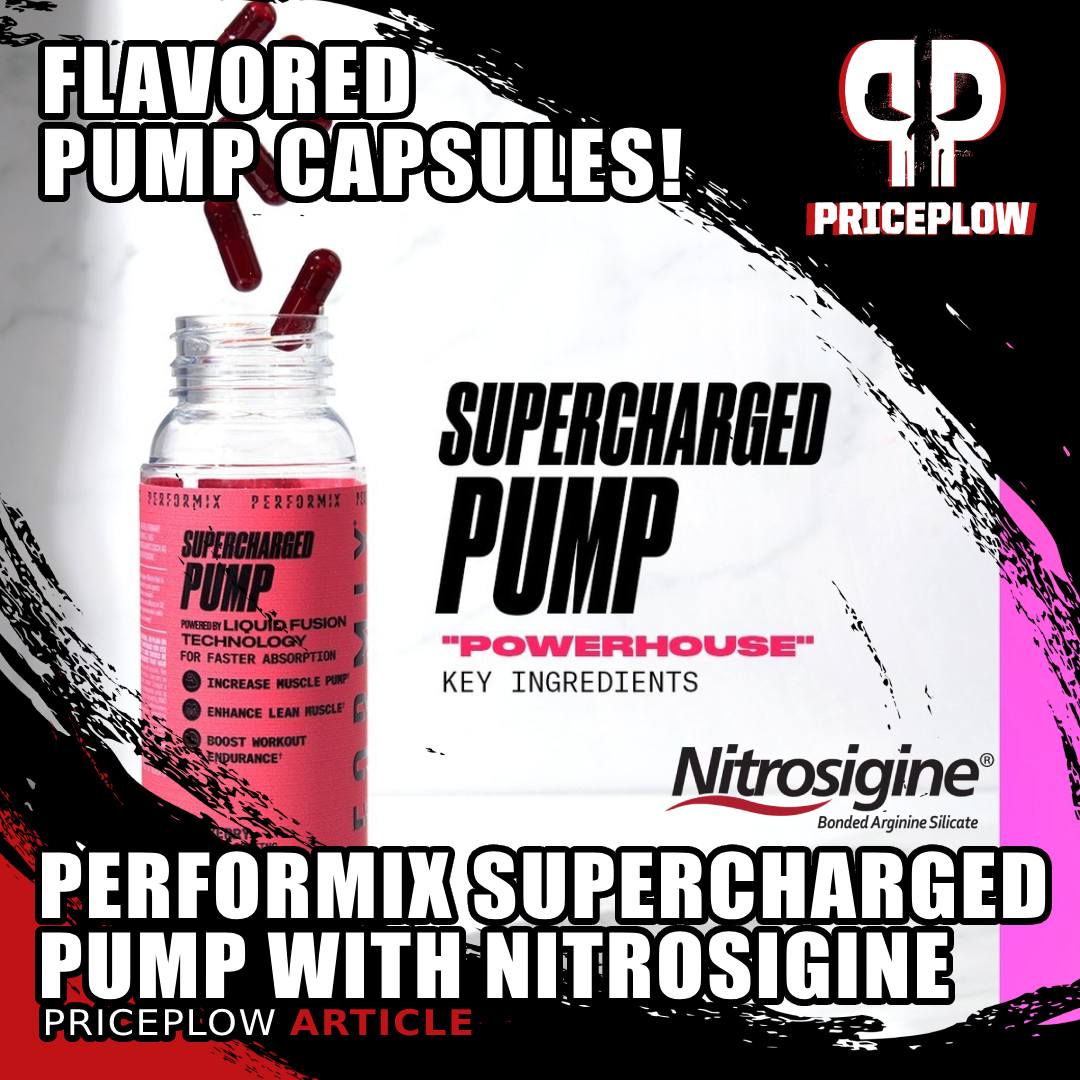
It’s clear that PERFORMIX® designs their formulas with innovation at the forefront of their thinking – and this philosophy is no better exemplified anywhere in their product catalog than it is with SUPERCHARGED PUMP.
In a market still dominated by citrulline megadoses, SUPERCHARGED PUMP goes all in on Nutrition21’s Nitrosigine®, which we always love to see – especially since a clinically-verified dose actually fits in a reasonable number of capsules. And those capsules are memorable because they have a redberry-flavored coating!
It may sound simple, but capsule-based supplements no longer need to be boring, and it adds to the experience in a way that will excite those who don’t want to take tons of powdered supplements and the fillers that come inside of them. Powders are no longer the only flavor game in town.
As for Nitrosigine®? That’s the highlight of this article, so let’s get into it.
PERFORMIX® SUPERCHARGED PUMP Ingredients
In a single 4-capsule serving of SUPERCHARGED PUMP from PERFORMIX®, you get the following:
-
Inositol-stabilized arginine silicate (Nitrosigine®) – 1,500 mg
Nitrosigine® is a premium nitric oxide (NO) boosting ingredient developed by novel ingredient developer Nutrition21. This patented and trademarked compound consists of an arginine, inositol, and silicate complexed together.[1] When not called by its brand name, Nitrosigine® is referred to as inositol-stabilized arginine silicate (and sometimes ASI in the research studies cited below).
Designed to solve a specific problem: oral arginine’s low bioavailability
If you’re an avid consumer of sports nutrition supplements, you’ve no doubt noticed how citrulline has become a headliner NO-boosting ingredient in nearly all pre-workout formulas over the past several years. It wasn’t always this way – a few decades ago, arginine was originally used for this purpose.
However, arginine eventually fell out of favor, and was replaced by citrulline, as scientists realized that oral arginine supplements didn’t actually work very well. As it turns out, arginine is hamstrung by the first pass effect, a phenomenon where the enzyme arginase breaks the amino acid down in the digestive tract before it can be absorbed into the bloodstream.[2-6]
Your body can absorb some of the arginine you ingest, but thanks to the first pass effect, that absorption is highly inefficient. That’s what’s behind the so-called arginine paradox[7] – adequate doses of arginine aren’t practical because they’re so big they cause gastrointestinal distress.[8,9]
Nitrosigine® was designed to solve this problematic situation. Nutrition21 simply built a better arginine to create the originally-desired effects of generic arginine – and citrulline – at much smaller doses.
The 1.5 gram Nitrosigine® clinical dose – fast-acting, long-lasting

The clinically validated 1.5 gram dose used in PERFORMIX® SUPERCHARGED PUMP has been shown to increase arginine levels on day 1 of supplementation[10,11] – within 30 minutes of ingestion, and for up to 6 hours.[11,12] Moreover, the effects of Nitrosigine appear to compound over time with plasma arginine levels going with repeated use over several days.[11]
In one of these studies, 1.5 grams of Nitrosigine® went head-to-head against a whopping 8 gram dose of citrulline malate. Both compounds worked, but Nitrosigine® was equally effective at just 1/5th of the dose, increasing flow-mediated dilation (FMD) by an impressive 31%.[10]
Nitrosigine®’s improvements to blood flow are what athletes often seek when training their muscles in the gym, but these effects have also been shown to go beyond athleticism:
Nitrosigine® to combat exercise-induced cognitive fatigue
Writing about sports nutrition supplements means discussing NO-driven vasodilation at least once per article. For understandable reasons, that discussion tends to focus on the athletic benefits of increasing NO – but it’s worth mentioning that the brain depends on a supply of fresh, healthy blood just as much as muscles do, and vasodilation can have cognitive benefits as well.
Research shows the 1.5 gram clinical dose of Nitrosigine can:
-
Prevent post-workout mental impairment when taken pre-workout.
 [13] Exercise that’s sufficiently intense can actually cause a drop in cognitive performance, and Nitrosigine® can stop this from happening – as discussed in our previous article, “Nitrosigine Prevents Cognitive Decline After Strenuous Activity“.
[13] Exercise that’s sufficiently intense can actually cause a drop in cognitive performance, and Nitrosigine® can stop this from happening – as discussed in our previous article, “Nitrosigine Prevents Cognitive Decline After Strenuous Activity“. - Increase reaction time above baseline in young, healthy men who haven’t recently exercised.[14] This double-blind, placebo-controlled study tested healthy male participants using the trail making tests (TMT A and B) after 14 and 3 days respectively, and saw a 28% improvement in trail making test B in just two weeks![14]
- Increase working memory performance.[15] This study was performed on healthy, young adults with an average age of about 21 years old — generally a time before age-related cognitive decline begins. In this study, the Nitrosigine® group placed in about the 64th percentile of test-takers on average, with an incredible 27% increase in their scores on an immediate memory subtest.[15]
With this said, Nitrosigine® is clearly an awesome ingredient for increasing muscle pumps and blood flow, but its benefits go way beyond that.
'See our featured Nitrosigine article
- Interested in learning more about Nitrosigine? Read our post Nitrosigine: The Nitric Oxide Booster That Enhances Brain Function – the above three bullet points just scratch the surface on this phenomenal ingredient for promoting nitric oxide.
-
L-Arginine Ethyl Ester – 300 mg
Next we have another form of arginine, making for a unique play from PERFORMIX®. The ethyl-esterified arginine is thought to be more bioavailable than generic arginine, but at the time of this writing, PricePlow was unable to locate peer-reviewed evidence to support this idea.

As we alluded to in the Nitrosigine (ASI) section, arginine is the direct precursor to NO synthesis.[16] High-bioavailability forms of arginine, like Nitrosigine or this ethyl ester, can upregulate an enzyme called endothelial nitric oxide synthase (eNOS), which is responsible for actually converting arginine into NO.[17,18]
Even generic arginine, while not as effective as Nitrosigine, citrulline, or L-arginine ethyl ester, can still upregulate NO in both healthy non-athletes and athletes, with effect sizes big enough to significantly improve athletic endurance.[19,20]
-
Betaine – 49.5 mg
Betaine is a powerful ergogenic aid – a substance that increases your body’s capacity for exercise training. It’s both a methyl donor (its other name is trimethylglycine thanks to its three methyl groups attached) and an osmolyte. As an osmolyte, this means that in sufficiently large doses, it can induce a state of cellular hydration in which your cells contain much more water than normal, making them more resilient to stress, improving their access to nutrients, and increasing athletic endurance.
However, typical dietary intakes range from 500 mg to 2,000 mg, with 1,500 mg being considered low-dose betaine supplementation.[21] The 49.5 mg dose of betaine in Performix Pump is roughly 3% of that, so we really won’t claim anything here. Ultimately, we’ll take anything over 0 milligrams since we love the ingredient, but we won’t make any claims as to the effects of this dose.
-
Vitamin C (ascorbic acid) – 49.5 mg
 stress,[22,23] particularly during physical exertion. This not only helps mitigate muscle damage during exercise, but can also reduce the subsequent intensity of muscle soreness.[24,25] Besides fighting oxidative stress, vitamin C contributes to the synthesis of nitric oxide, a crucial factor in promoting cardiovascular efficiency.[26] Studies have demonstrated that its deficiency in can hinder athletic performance, and supplementation can effectively reverse this impairment.[27] For those restricting calories, it’s worth mentioning a study on dieters that revealed vitamin C supplementation led to a decrease in perceived exertion during exercise.[28] Vitamin C can also play a role in long-term stress management. The adrenal cortex, responsible for synthesizing stress hormones such as cortisol, boasts one of the highest concentrations of vitamin C in the human body.[29] Interestingly, during periods of stress, the adrenal cortex releases vitamin C.[30] In cases of chronic stress, without adequate replacement, Vitamin C deficiency may ensue.
stress,[22,23] particularly during physical exertion. This not only helps mitigate muscle damage during exercise, but can also reduce the subsequent intensity of muscle soreness.[24,25] Besides fighting oxidative stress, vitamin C contributes to the synthesis of nitric oxide, a crucial factor in promoting cardiovascular efficiency.[26] Studies have demonstrated that its deficiency in can hinder athletic performance, and supplementation can effectively reverse this impairment.[27] For those restricting calories, it’s worth mentioning a study on dieters that revealed vitamin C supplementation led to a decrease in perceived exertion during exercise.[28] Vitamin C can also play a role in long-term stress management. The adrenal cortex, responsible for synthesizing stress hormones such as cortisol, boasts one of the highest concentrations of vitamin C in the human body.[29] Interestingly, during periods of stress, the adrenal cortex releases vitamin C.[30] In cases of chronic stress, without adequate replacement, Vitamin C deficiency may ensue.Flavored Capsules!
As mentioned in the introduction, PERFORMIX® SUPERCHARGED PUMP released with Redberry flavored capsules.
Conclusion: A Pump Capsule You Can Taste
PERFORMIX® understands the close connection between energy and performance, both inside and outside of the gym. But they also understand experience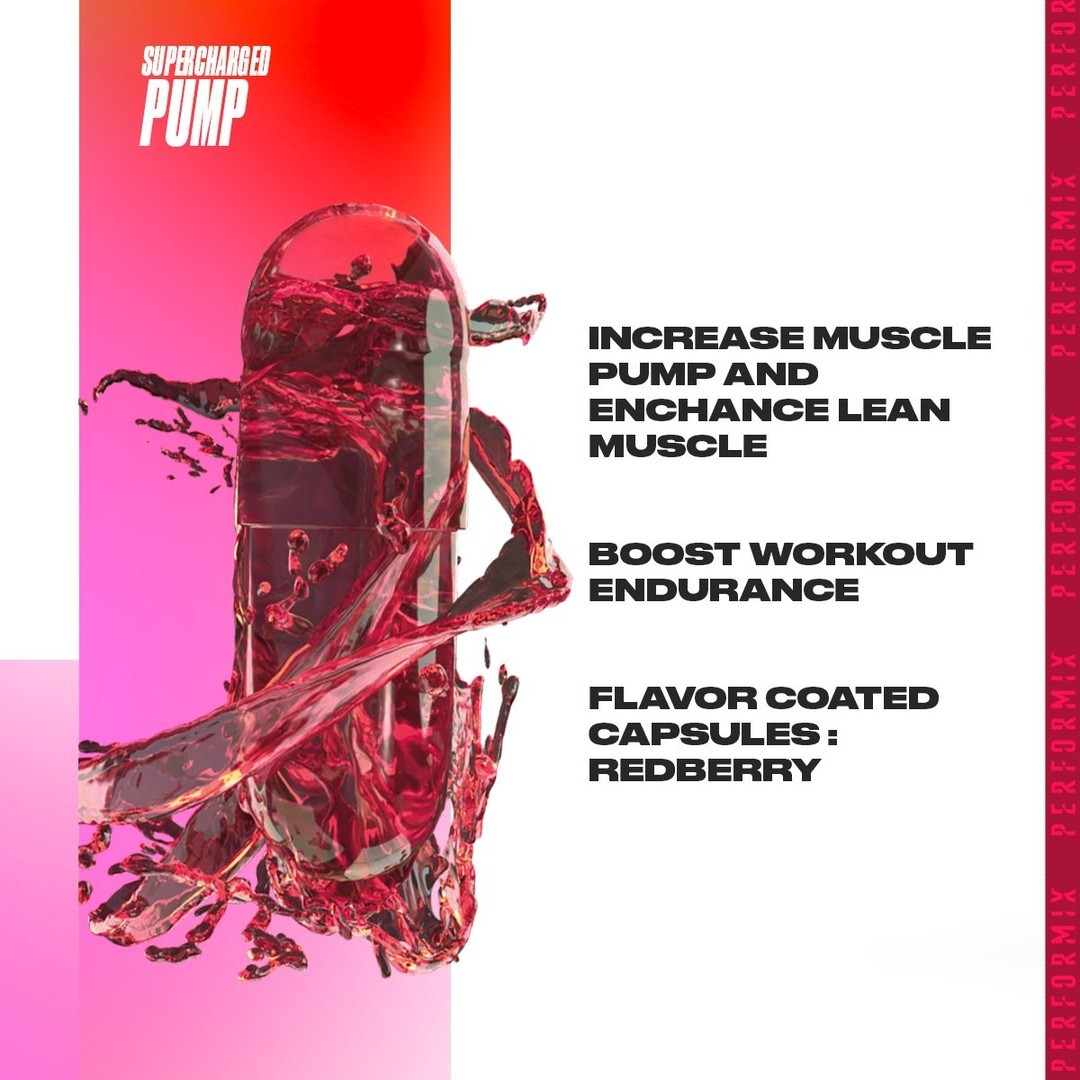 — and capsules were definitely lacking in this department.
— and capsules were definitely lacking in this department.
While the vitamin C and L-arginine ethyl ester are definitely doing something, this short and sweet formula is pretty much all about Nitrosigine®. That suits us just fine – after all, Nitrosigine® is arguably the most cost-effective (and space-effective) NO booster on the supplement market today.
About the Author: Mike Roberto

Mike Roberto is a research scientist and water sports athlete who founded PricePlow. He is an n=1 diet experimenter with extensive experience in supplementation and dietary modification, whose personal expertise stems from several experiments done on himself while sharing lab tests.
Mike's goal is to bridge the gap between nutritional research scientists and non-academics who seek to better their health in a system that has catastrophically failed the public.
References
- Vijaya Juturu V., Komorowski, JR. 2002. US7576132B2 – “Arginine Silicate Inositol Complex and use Thereof.” The United States Patent and Trademark Office. https://patents.google.com/patent/US7576132
- Castillo, L, et al. “Splanchnic Metabolism of Dietary Arginine in Relation to Nitric Oxide Synthesis in Normal Adult Man.” Proceedings of the National Academy of Sciences of the United States of America, vol. 90, no. 1, 1 Jan. 1993, pp. 193–197; https://www.ncbi.nlm.nih.gov/pmc/articles/PMC45626/
- Wu, Guoyao. “Intestinal Mucosal Amino Acid Catabolism.” The Journal of Nutrition, vol. 128, no. 8, 1 Aug. 1998, pp. 1249–1252, 10.1093/jn/128.8.1249; https://academic.oup.com/jn/article/128/8/1249/4722724
- O’sullivan, D., et al. “Hepatic Zonation of the Catabolism of Arginine and Ornithine in the Perfused Rat Liver.” Biochemical Journal, vol. 330, no. Pt 2, 1 Mar. 1998, p. 627, 10.1042/bj3300627; https://www.ncbi.nlm.nih.gov/labs/pmc/articles/PMC1219183/
- van de Poll, Marcel CG, et al. “Interorgan Amino Acid Exchange in Humans: Consequences for Arginine and Citrulline Metabolism.” The American Journal of Clinical Nutrition, vol. 85, no. 1, 1 Jan. 2007, pp. 167–172, 10.1093/ajcn/85.1.167; https://pubmed.ncbi.nlm.nih.gov/17209193/
- Stamler, Jonathan S., and Gerhard Meissner. “Physiology of Nitric Oxide in Skeletal Muscle.” Physiological Reviews, vol. 81, no. 1, 1 Jan. 2001, pp. 209–237, 10.1152/physrev.2001.81.1.209; https://journals.physiology.org/doi/full/10.1152/physrev.2001.81.1.209
- Elms, Shawn, et al. “Insights into the Arginine Paradox: Evidence against the Importance of Subcellular Location of Arginase and ENOS.” American Journal of Physiology – Heart and Circulatory Physiology, vol. 305, no. 5, 1 Sept. 2013, p. H651, 10.1152/ajpheart.00755.2012; https://www.ncbi.nlm.nih.gov/labs/pmc/articles/PMC3761326/
- Grimble, George K. “Adverse Gastrointestinal Effects of Arginine and Related Amino Acids.” The Journal of Nutrition, vol. 137, no. 6, 1 June 2007, pp. 1693S1701S, 10.1093/jn/137.6.1693s; https://pubmed.ncbi.nlm.nih.gov/17513449/
- Kaore, Shilpa N., et al. “Citrulline: Pharmacological Perspectives and Its Role as an Emerging Biomarker in Future.” Fundamental & Clinical Pharmacology, vol. 27, no. 1, 31 July 2012, pp. 35–50, 10.1111/j.1472-8206.2012.01059.x; https://pubmed.ncbi.nlm.nih.gov/23316808/
- Rogers, Jeffrey M et al. “Acute effects of Nitrosigine and citrulline malate on vasodilation in young adults.” Journal of the International Society of Sports Nutrition vol. 17,1 12. 24 Feb. 2020, doi:10.1186/s12970-020-00343-y; https://www.ncbi.nlm.nih.gov/pmc/articles/PMC7041093/
- Kalman, Douglas, et al. “A Clinical Evaluation to Determine the Safety, Pharmacokinetics, and Pharmacodynamics of an Inositol-Stabilized Arginine Silicate Dietary Supplement in Healthy Adult Males.” Clinical Pharmacology: Advances and Applications, Oct. 2015, p. 103, doi:10.2147/cpaa.s84206; https://www.ncbi.nlm.nih.gov/pmc/articles/PMC4603712/
- Komorowski, J., et al. Apr. 2016. “A Pharmacokinetic Evaluation of the Duration of Effect of Inositol- Stabilized Arginine Silicate and Arginine Hydrochloride in Healthy Adult Males.” The Journal of the Federation of American Societies for Experimental Biology vol. 30. https://www.fasebj.org/doi/abs/10.1096/fasebj.30.1_supplement.690.17
- Evans, M. et al. July 2020. “Inositol-Stabilized Arginine Silicate Improves Post Exercise Cognitive Function in Recreationally Active, Healthy Males: A Randomized, Double-Blind, Placebo-Controlled Crossover Study.” Journal of Exercise and Nutrition vol. 3,3; https://www.journalofexerciseandnutrition.com/index.php/JEN/article/view/69 (full-text PDF, 2018 ISSN Poster Presentation, 2018 ISSN Conference Summary)
- Kalman, Douglas et al. “Randomized Prospective Double-Blind Studies to Evaluate the Cognitive Effects of Inositol-Stabilized Arginine Silicate in Healthy Physically Active Adults.” Nutrients vol. 8,11 736. 18 Nov. 2016, doi:10.3390/nu8110736; https://www.ncbi.nlm.nih.gov/pmc/articles/PMC5133120/ (2018 ISSN Summary, 2018 ISSN Poster Presentation)
- Gills, Joshua L., et al. “Acute Inositol-Stabilized Arginine Silicate Improves Cognitive Outcomes in Healthy Adults.” Nutrients, vol. 13, no. 12, 1 Dec. 2021, 10.3390/nu13124272; https://www.ncbi.nlm.nih.gov/labs/pmc/articles/PMC8703995/
- Palmer RM, Rees DD, Ashton DS, Moncada S. L-arginine is the physiological precursor for the formation of nitric oxide in endothelium-dependent relaxation. Biochem Biophys Res Commun. 1988 Jun 30;153(3):1251-6. doi: 10.1016/s0006-291x(88)81362-7. PMID: 3390182. https://linkinghub.elsevier.com/retrieve/pii/S0006-291X(88)81362-7
- Javanmard SH, Nematbakhsh M, Mahmoodi F, Mohajeri MR. l-Arginine supplementation enhances eNOS expression in experimental model of hypercholesterolemic rabbits aorta. Pathophysiology. 2009 Jun;16(1):9-13. doi: 10.1016/j.pathophys.2008.11.003. Epub 2009 Jan 24. PMID: 19168337. https://www.sciencedirect.com/science/article/abs/pii/S0928468008000692
- Li C, Huang W, Harris MB, Goolsby JM, Venema RC. Interaction of the endothelial nitric oxide synthase with the CAT-1 arginine transporter enhances NO release by a mechanism not involving arginine transport. Biochem J. 2005 Mar 15;386(Pt 3):567-74. doi: 10.1042/BJ20041005. PMID: 15743275; PMCID: PMC1134876. https://www.ncbi.nlm.nih.gov/pmc/articles/PMC1134876/
- Alvares TS, Conte CA, Paschoalin VM, Silva JT, Meirelles Cde M, Bhambhani YN, Gomes PS. Acute l-arginine supplementation increases muscle blood volume but not strength performance. Appl Physiol Nutr Metab. 2012 Feb;37(1):115-26. doi: 10.1139/h11-144. Epub 2012 Jan 17. PMID: 22251130. https://cdnsciencepub.com/doi/10.1139/h11-144
- Álvares TS, Meirelles CM, Bhambhani YN, Paschoalin VM, Gomes PS. L-Arginine as a potential ergogenic aid in healthy subjects. Sports Med. 2011 Mar 1;41(3):233-48. doi: 10.2165/11538590-000000000-00000. PMID: 21395365. https://link.springer.com/article/10.2165/11538590-000000000-00000
- Olthof, Margreet R et al. “Low dose betaine supplementation leads to immediate and long term lowering of plasma homocysteine in healthy men and women.” The Journal of nutrition vol. 133,12 (2003): 4135-8. doi:10.1093/jn/133.12.4135 https://www.sciencedirect.com/science/article/pii/S0022316622161778
- Carr, A., and Maggini, S. Nov. 2017. “Vitamin C and Immune Function.” Nutrients vol. 9,11; 1211; https://www.ncbi.nlm.nih.gov/pmc/articles/PMC5707683/
- National Center for Complementary and Integrative Health. “Antioxidants: In Depth.” NCCIH, Nov. 2013; http://www.nccih.nih.gov/health/antioxidants-in-depth
- Nakhostin-Roohi, B., et al. “Effect of Vitamin c Supplementation on Lipid Peroxidation, Muscle Damage and Inflammation after 30-Min Exercise at 75% VO2max.” The Journal of Sports Medicine and Physical Fitness, vol. 48, no. 2, 1 June 2008, pp. 217–224; https://pubmed.ncbi.nlm.nih.gov/18427418/
- Bryer, S.C., and A.H. Goldfarb. “Effect of High Dose Vitamin c Supplementation on Muscle Soreness, Damage, Function, and Oxidative Stress to Eccentric Exercise.” International Journal of Sport Nutrition and Exercise Metabolism, vol. 16, no. 3, June 2006, pp. 270–280, 10.1123/ijsnem.16.3.270; https://pubmed.ncbi.nlm.nih.gov/16948483/
- Heller R, et al; “L-Ascorbic acid potentiates nitric oxide synthesis in endothelial cells”; J Biol Chem; 1999; https://pubmed.ncbi.nlm.nih.gov/10075731
- Paschilis, V. et al.”Low vitamin C values are linked with decreased physical performance and increased oxidative stress: reversal by vitamin C supplementation”; Eur J Nutr (2014); https://pubmed.ncbi.nlm.nih.gov/25526969
- Huck, Corey J., et al. “Vitamin c Status and Perception of Effort during Exercise in Obese Adults Adhering to a Calorie-Reduced Diet.” Nutrition (Burbank, Los Angeles County, Calif.), vol. 29, no. 1, 1 Jan. 2013, pp. 42–45, pubmed.ncbi.nlm.nih.gov/22677357/, 10.1016/j.nut.2012.01.021; https://pubmed.ncbi.nlm.nih.gov/22677357/
- Patak P, Willenberg HS, Bornstein SR. Vitamin C is an important cofactor for both adrenal cortex and adrenal medulla. Endocr Res. 2004 Nov;30(4):871-5. doi: 10.1081/erc-200044126; https://pubmed.ncbi.nlm.nih.gov/15666839/
- Sebastian J Padayatty, John L Doppman, Richard Chang, Yaohui Wang, John Gill, Dimitris A Papanicolaou, Mark Levine, Human adrenal glands secrete vitamin C in response to adrenocorticotrophic hormone, The American Journal of Clinical Nutrition, Volume 86, Issue 1, July 2007, Pages 145–149, https://doi.org/10.1093/ajcn/86.1.145


